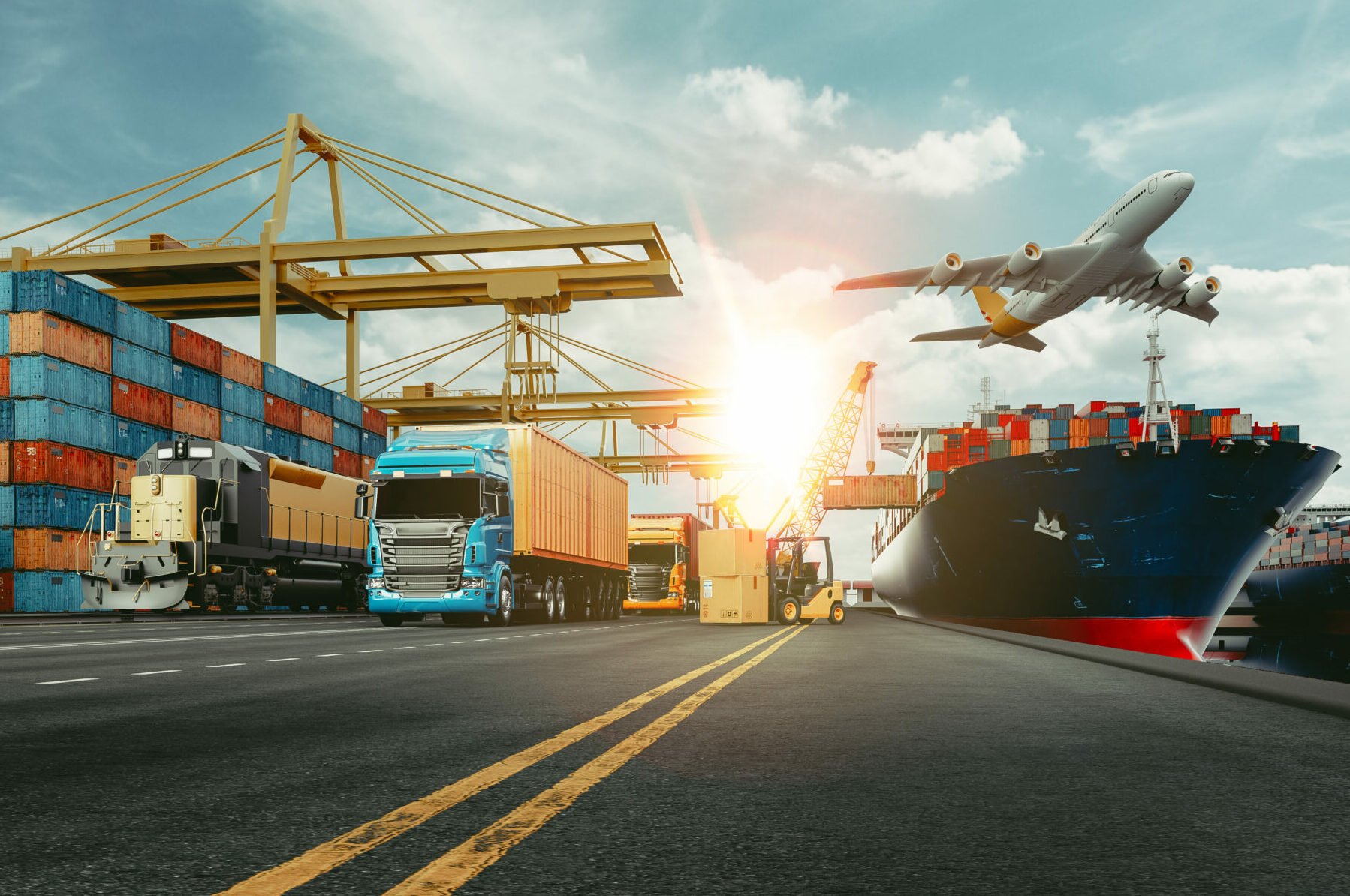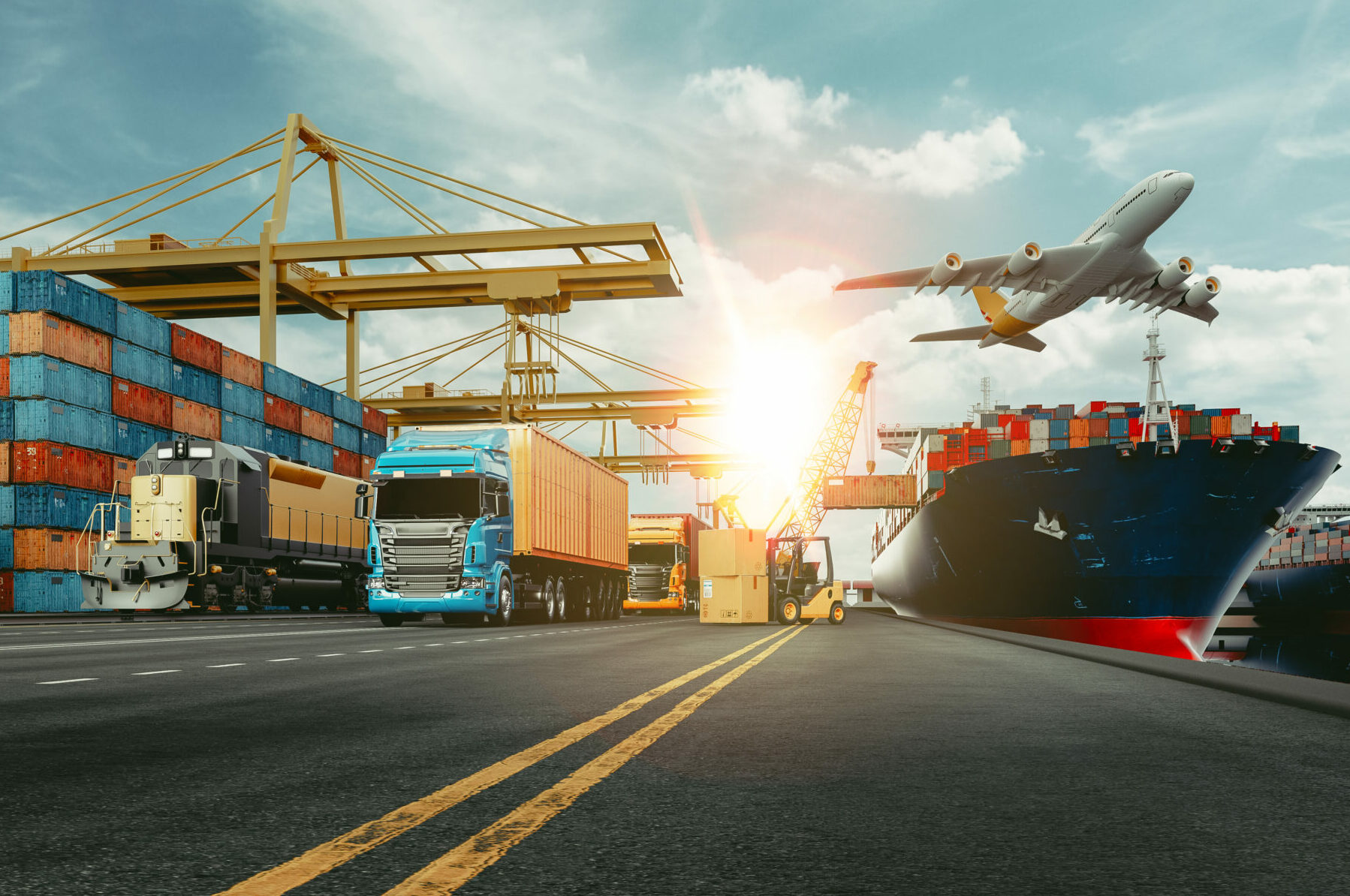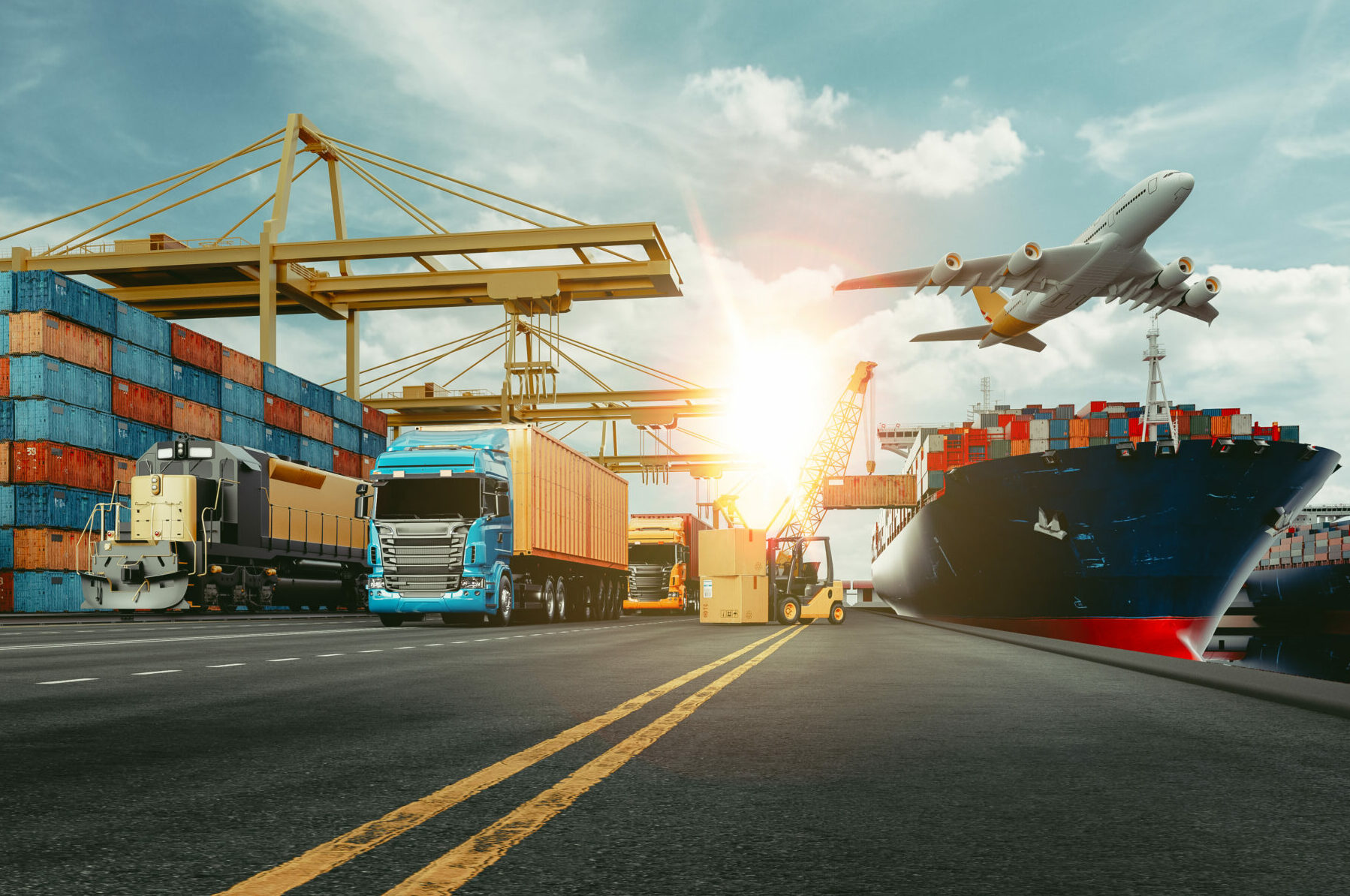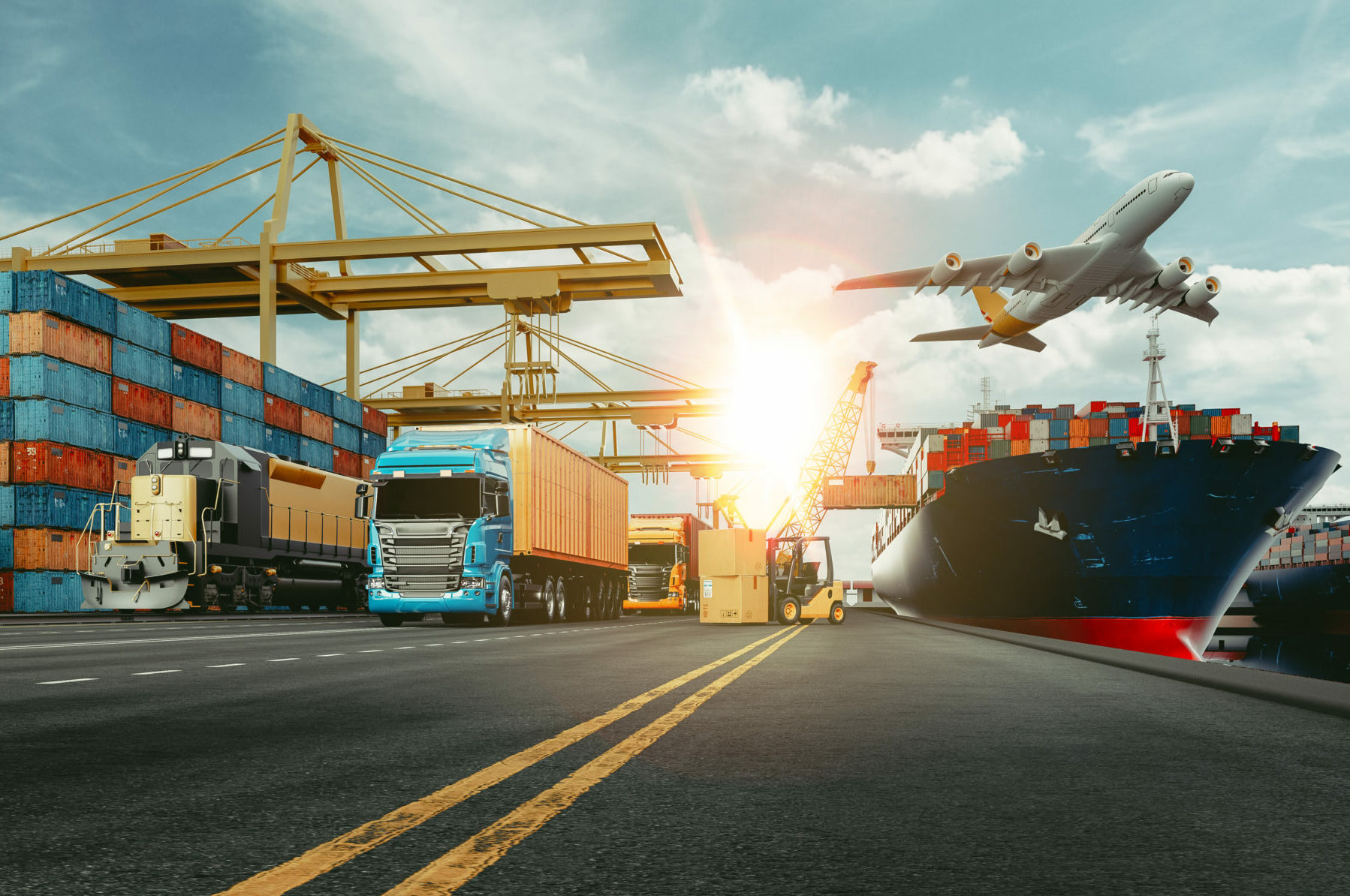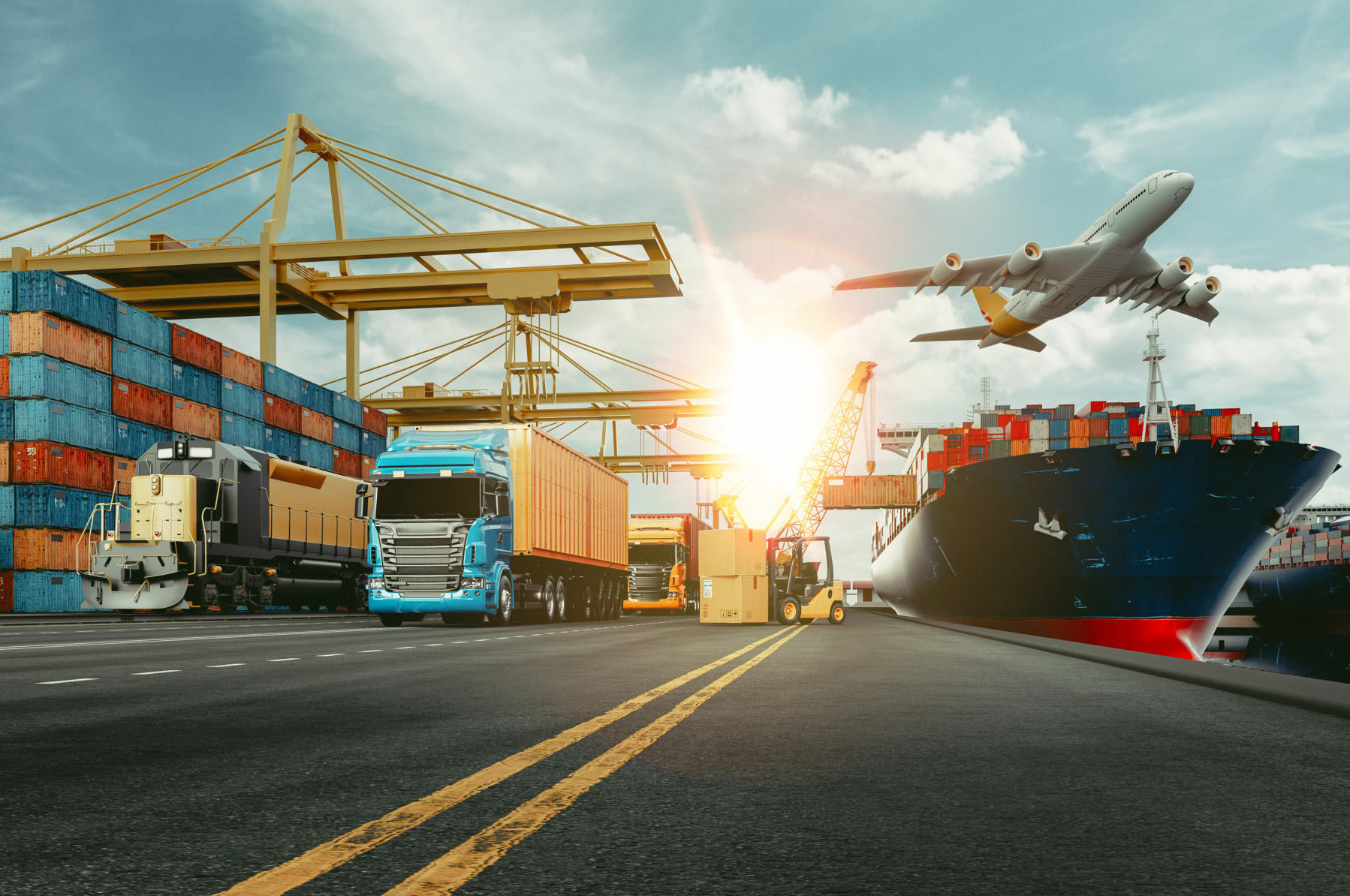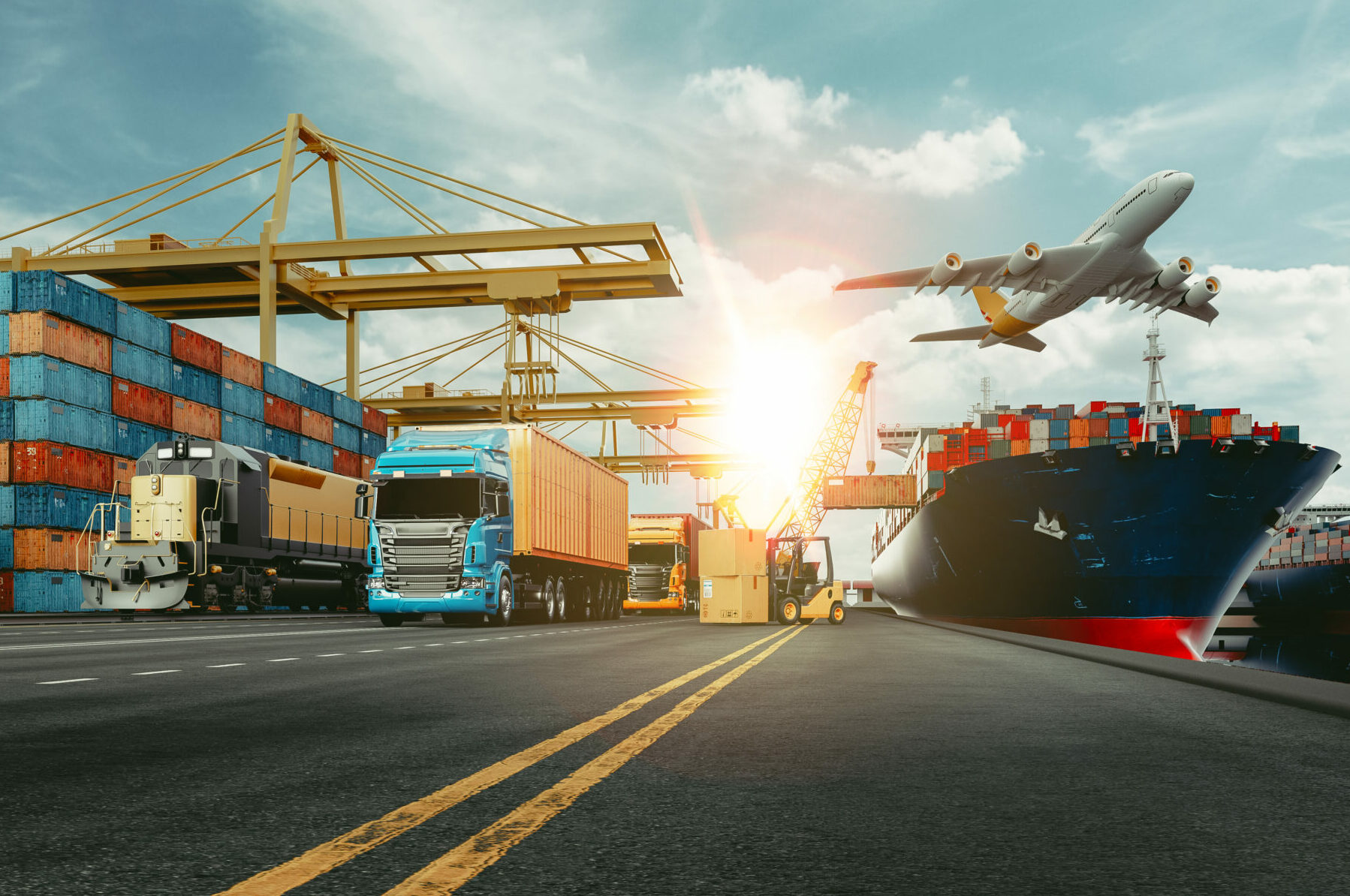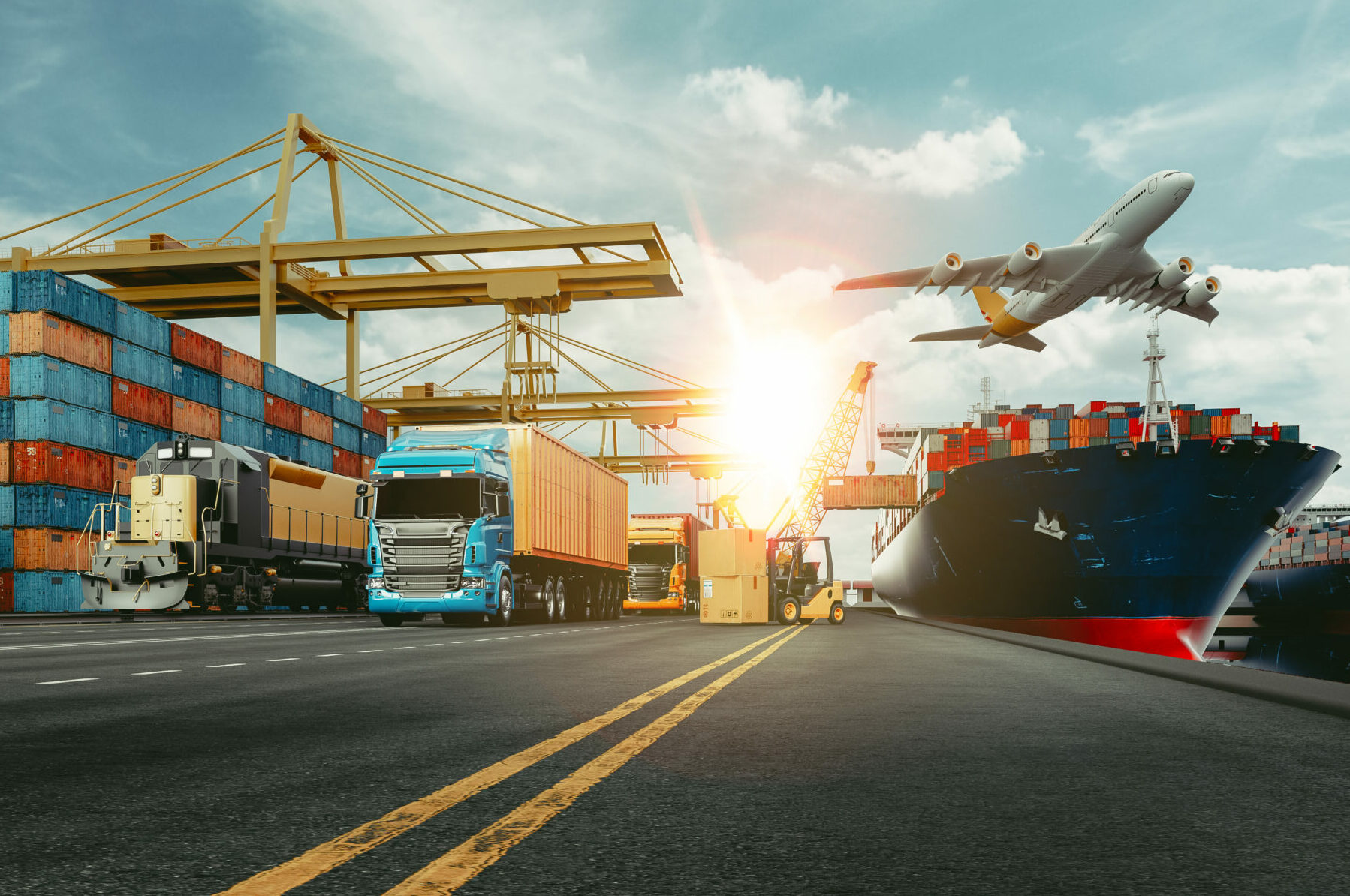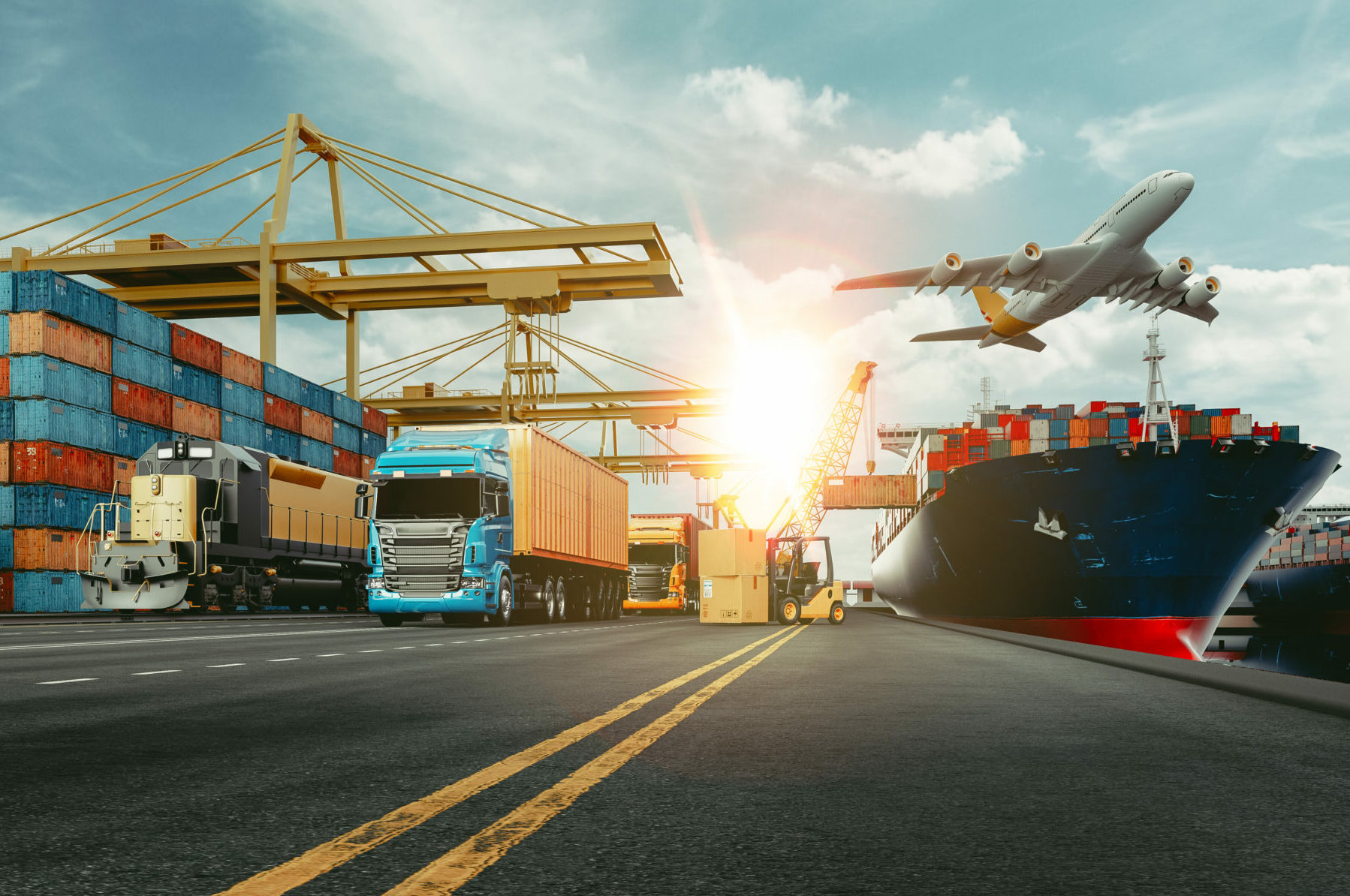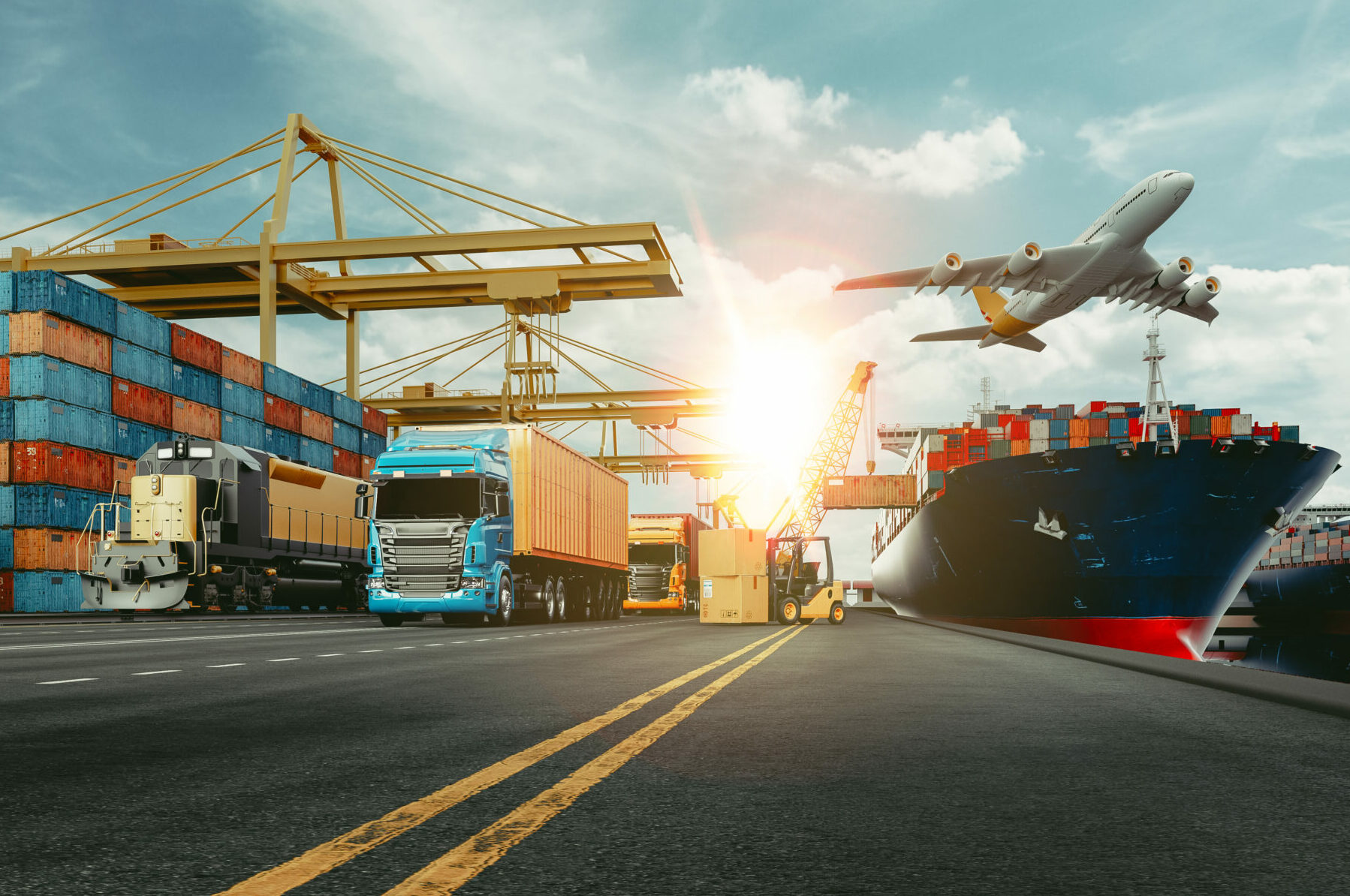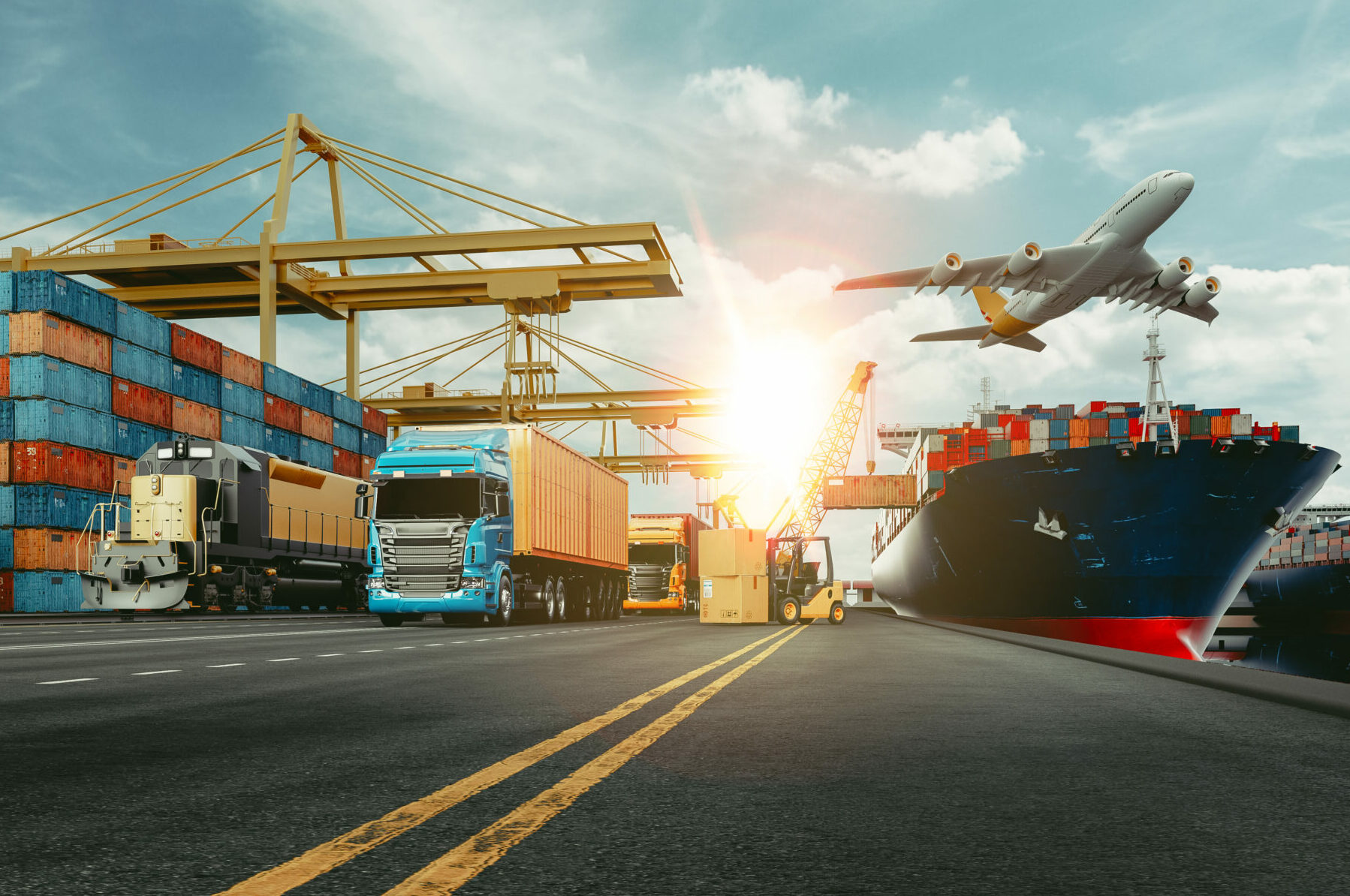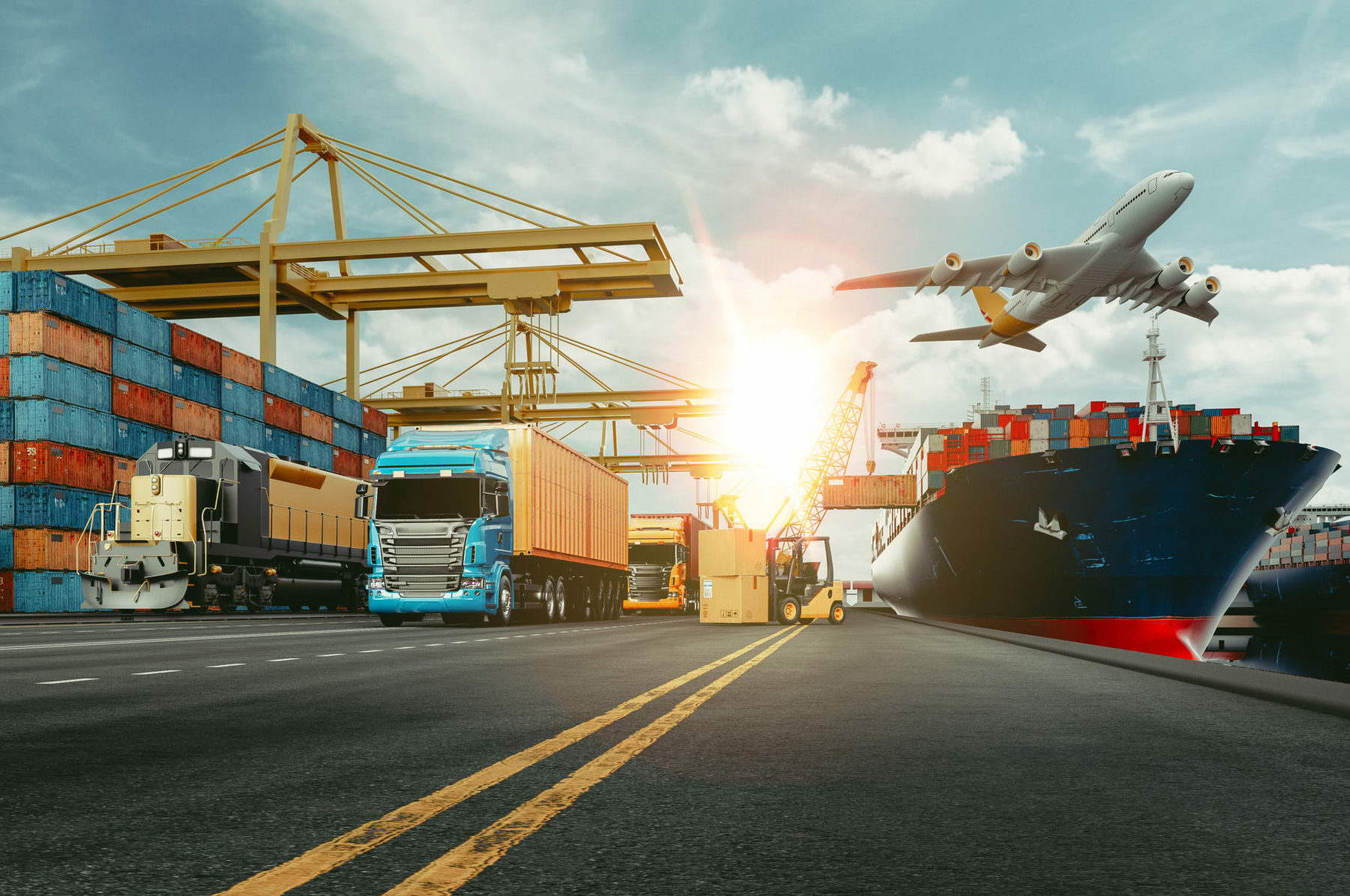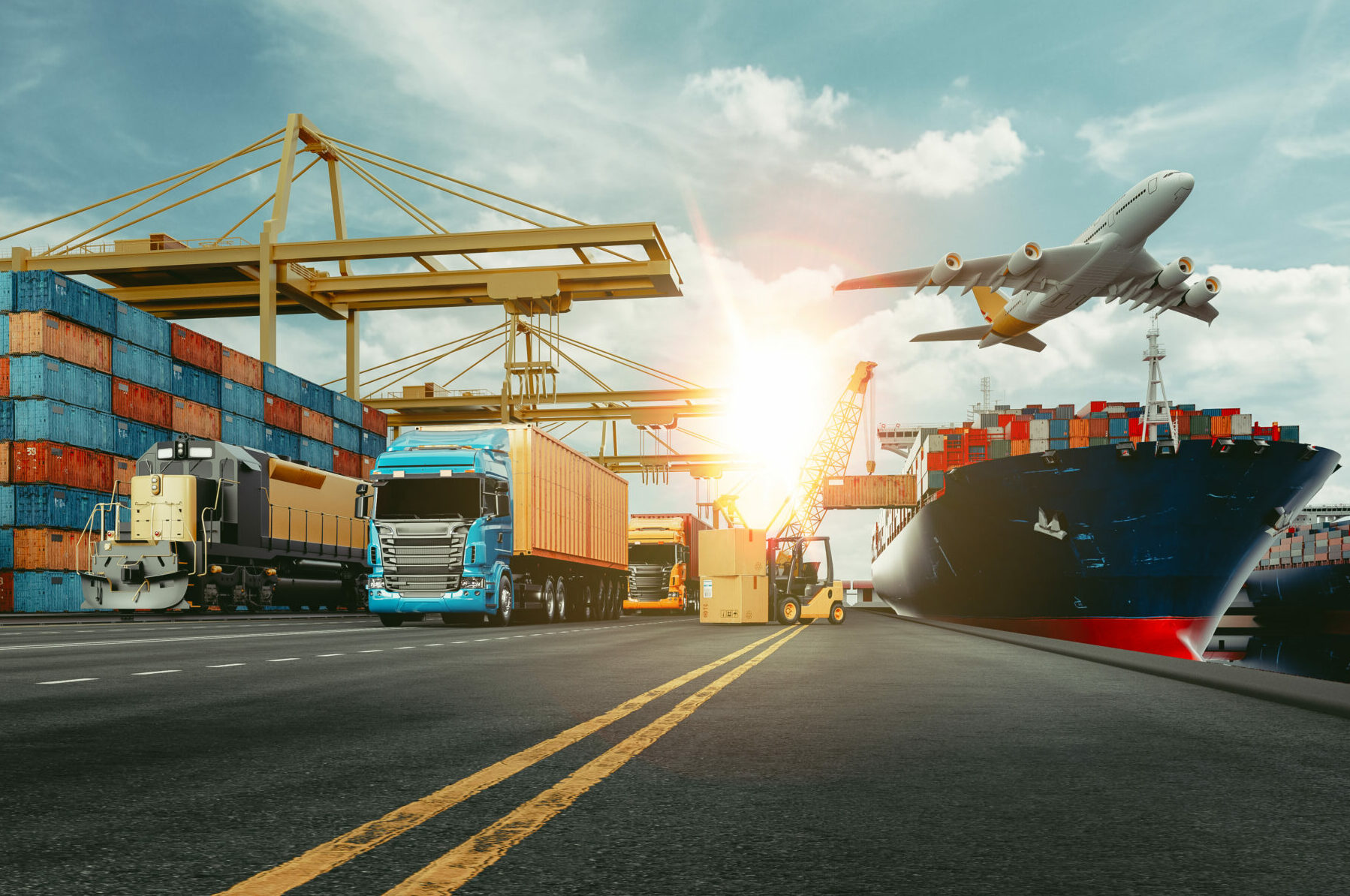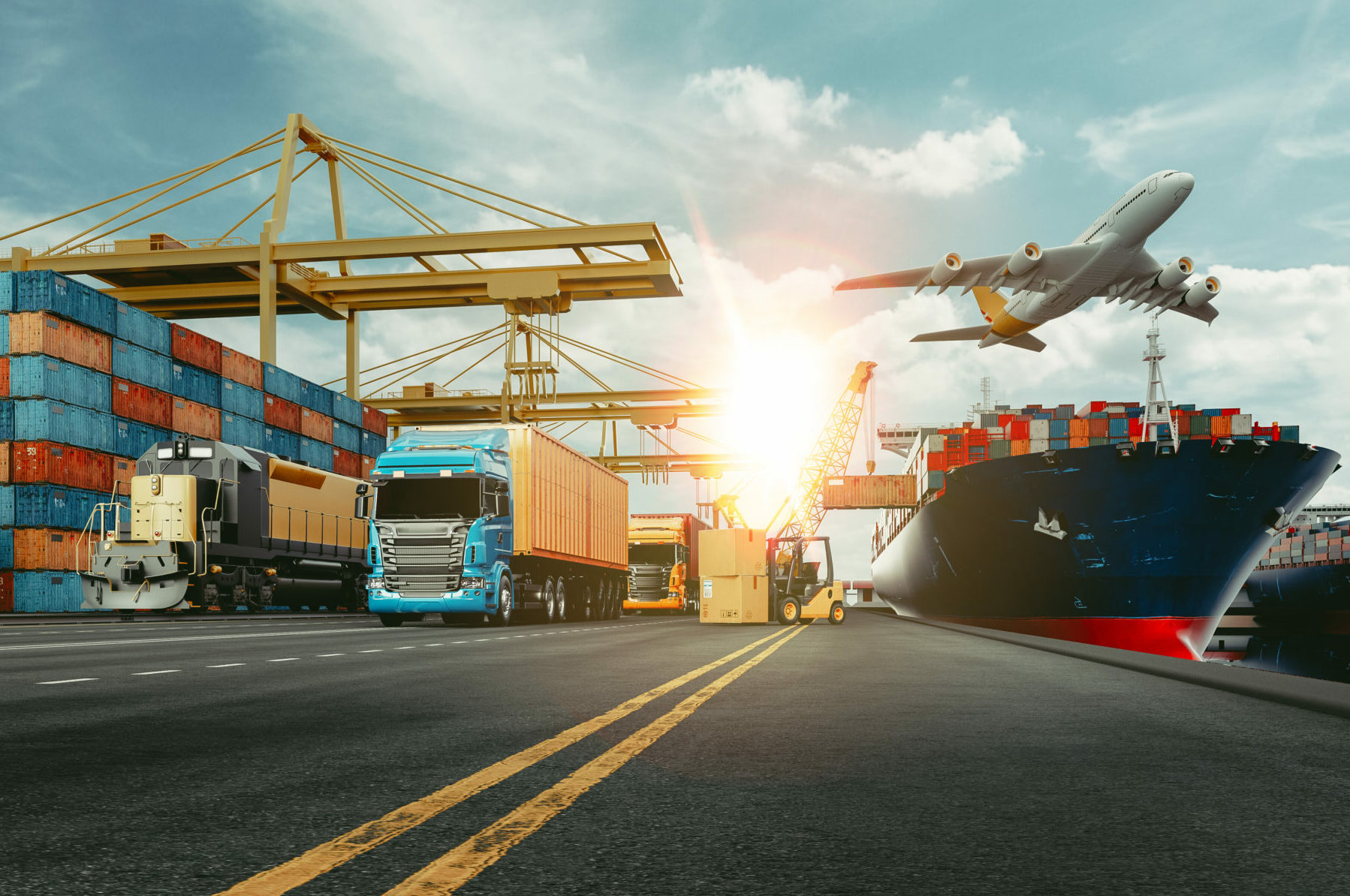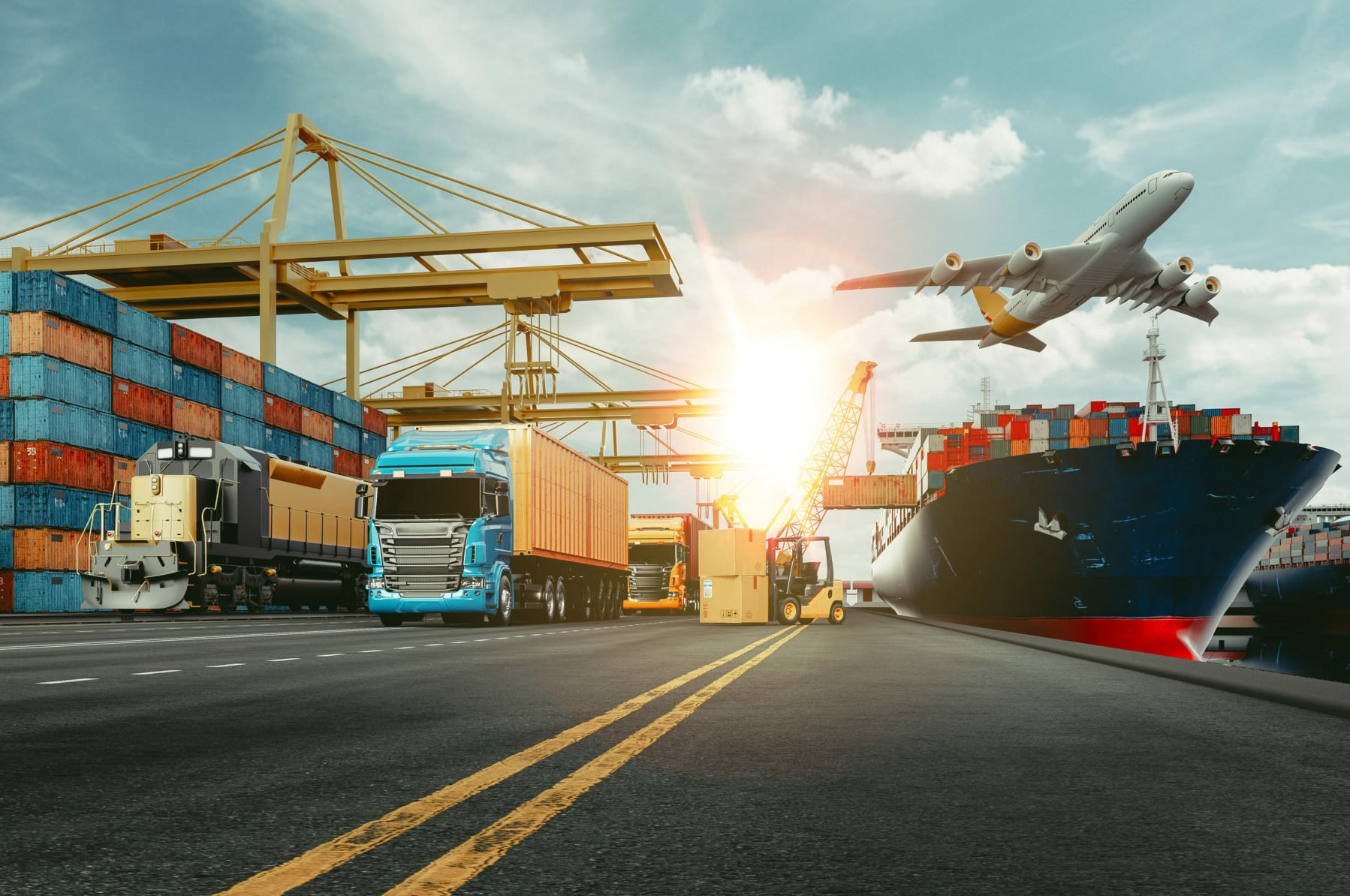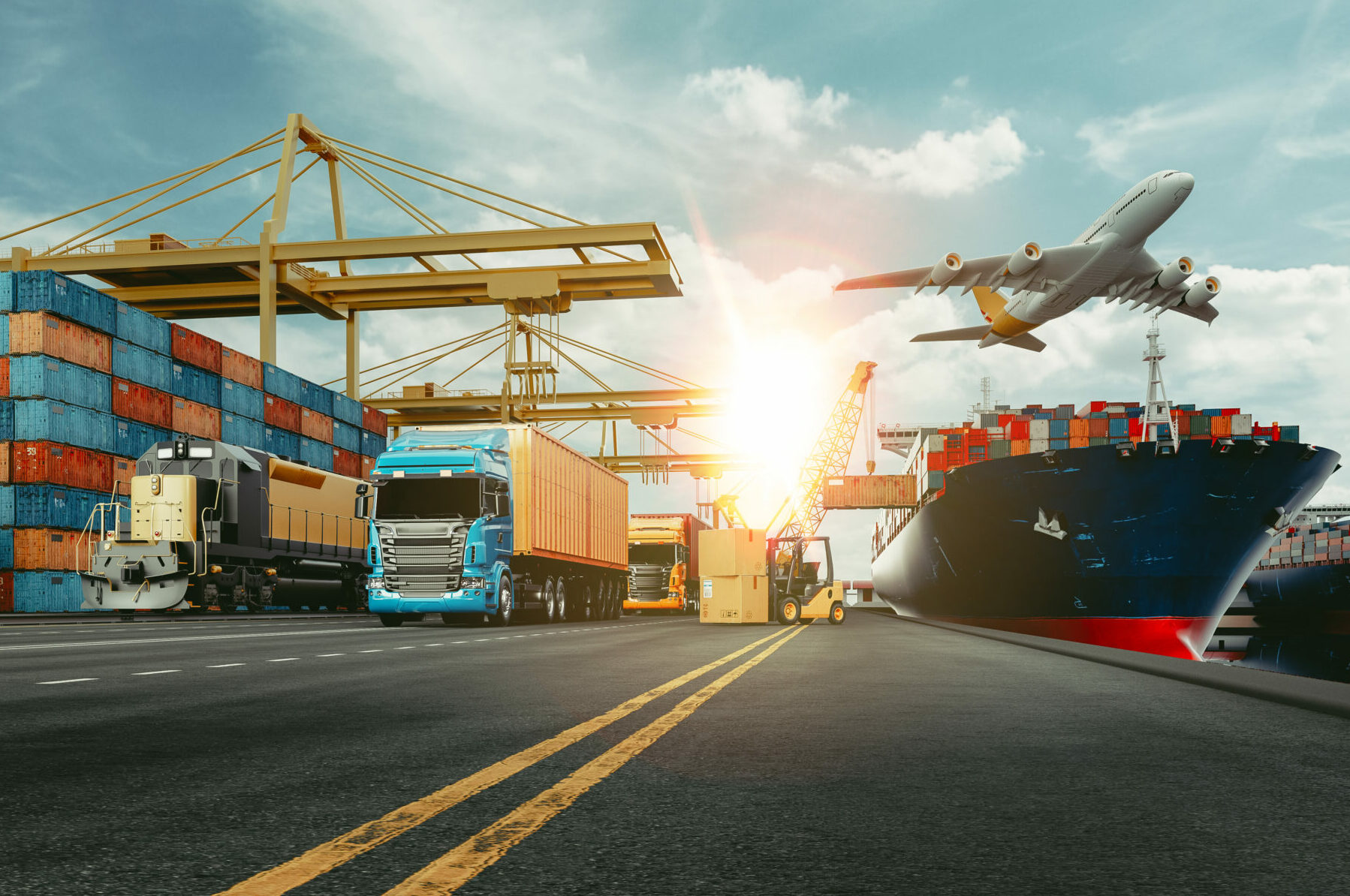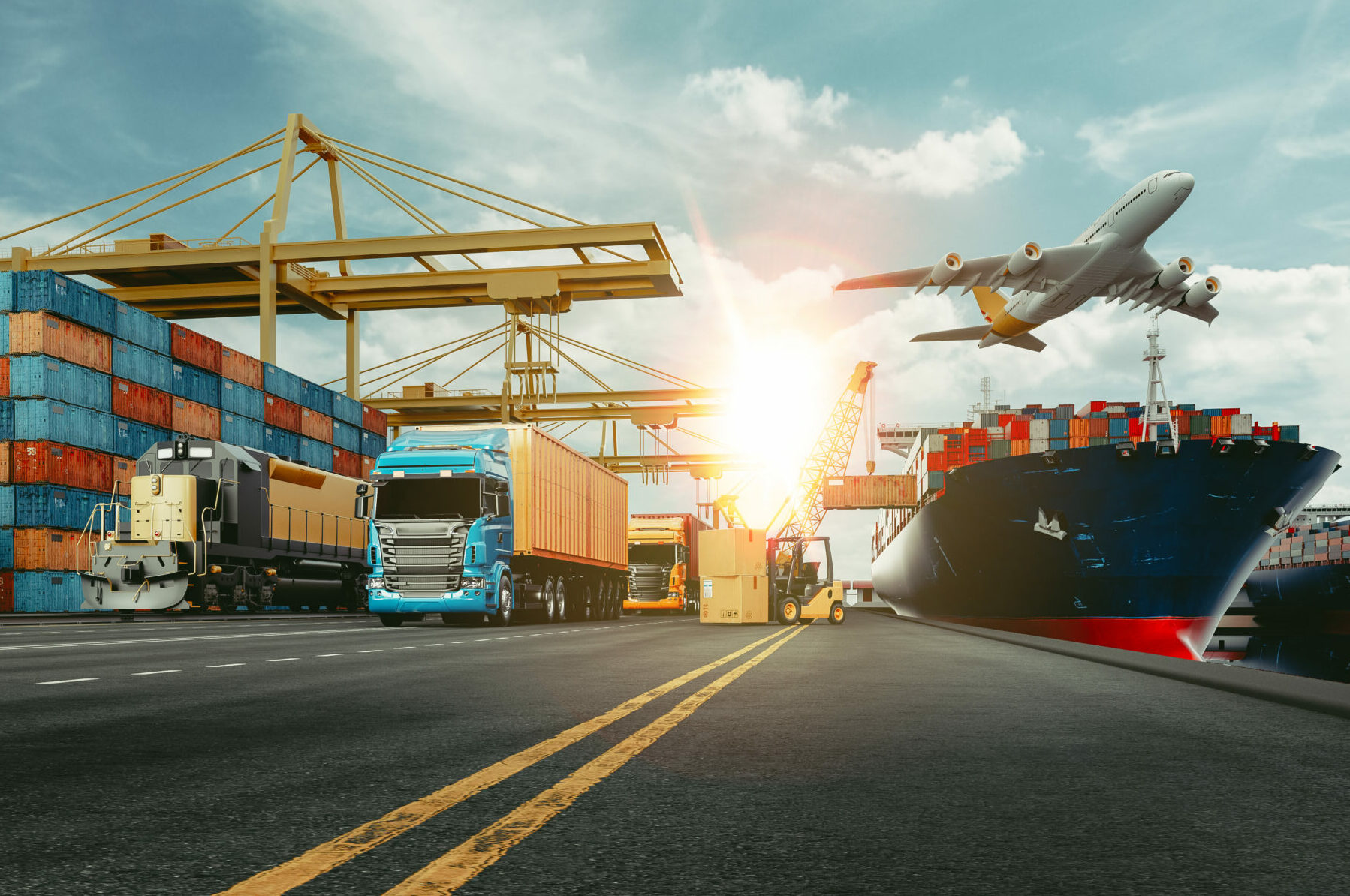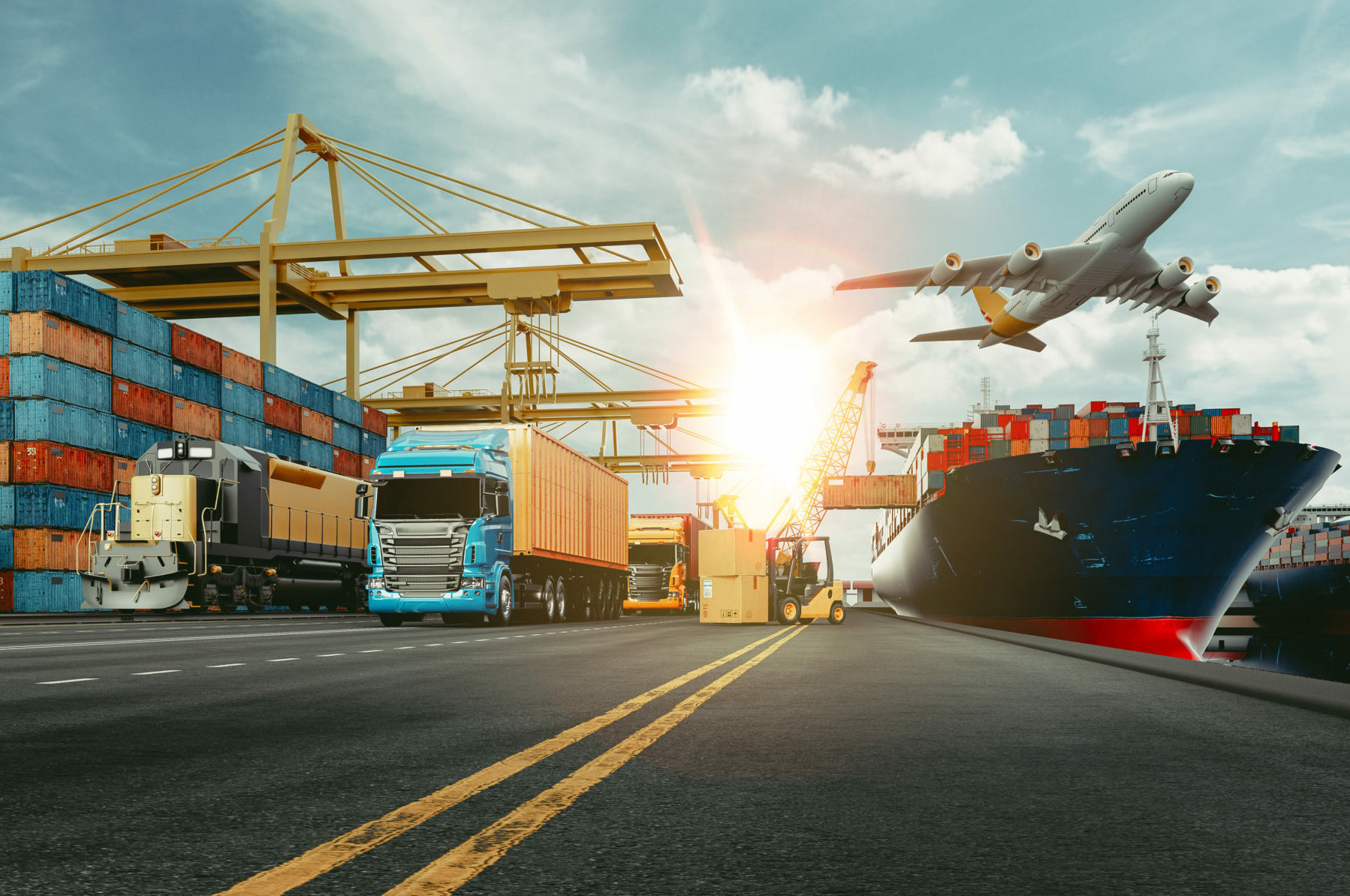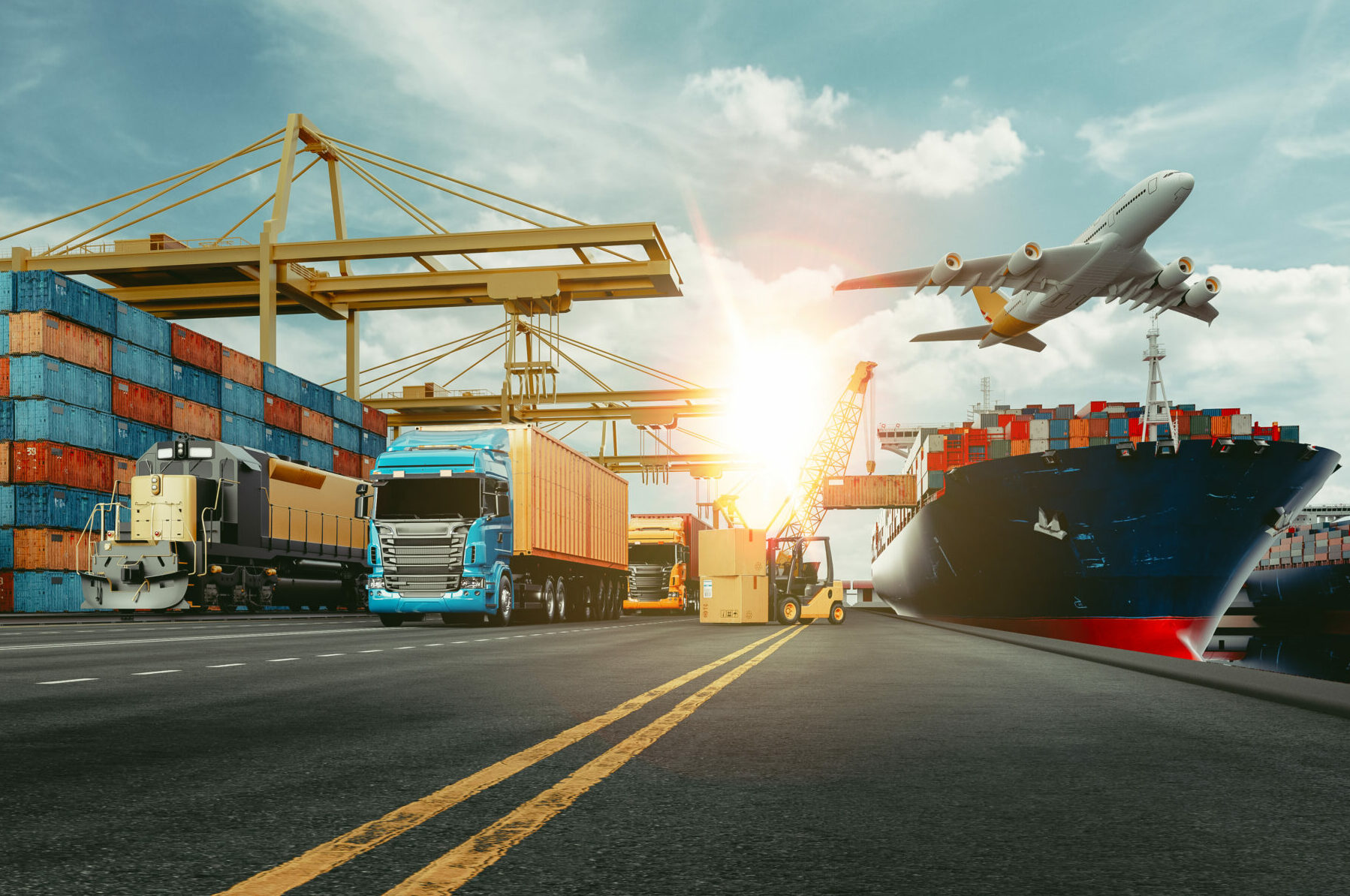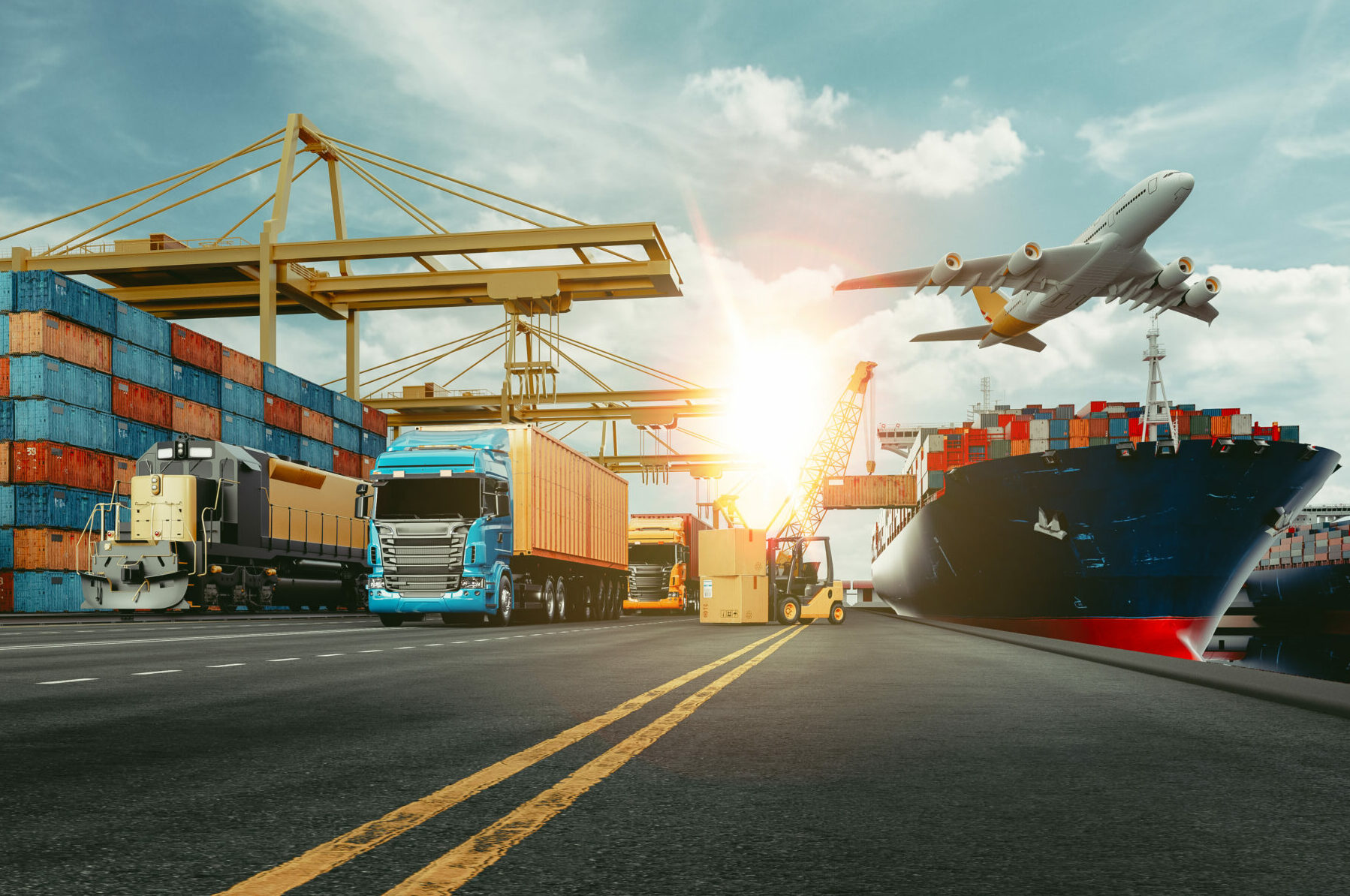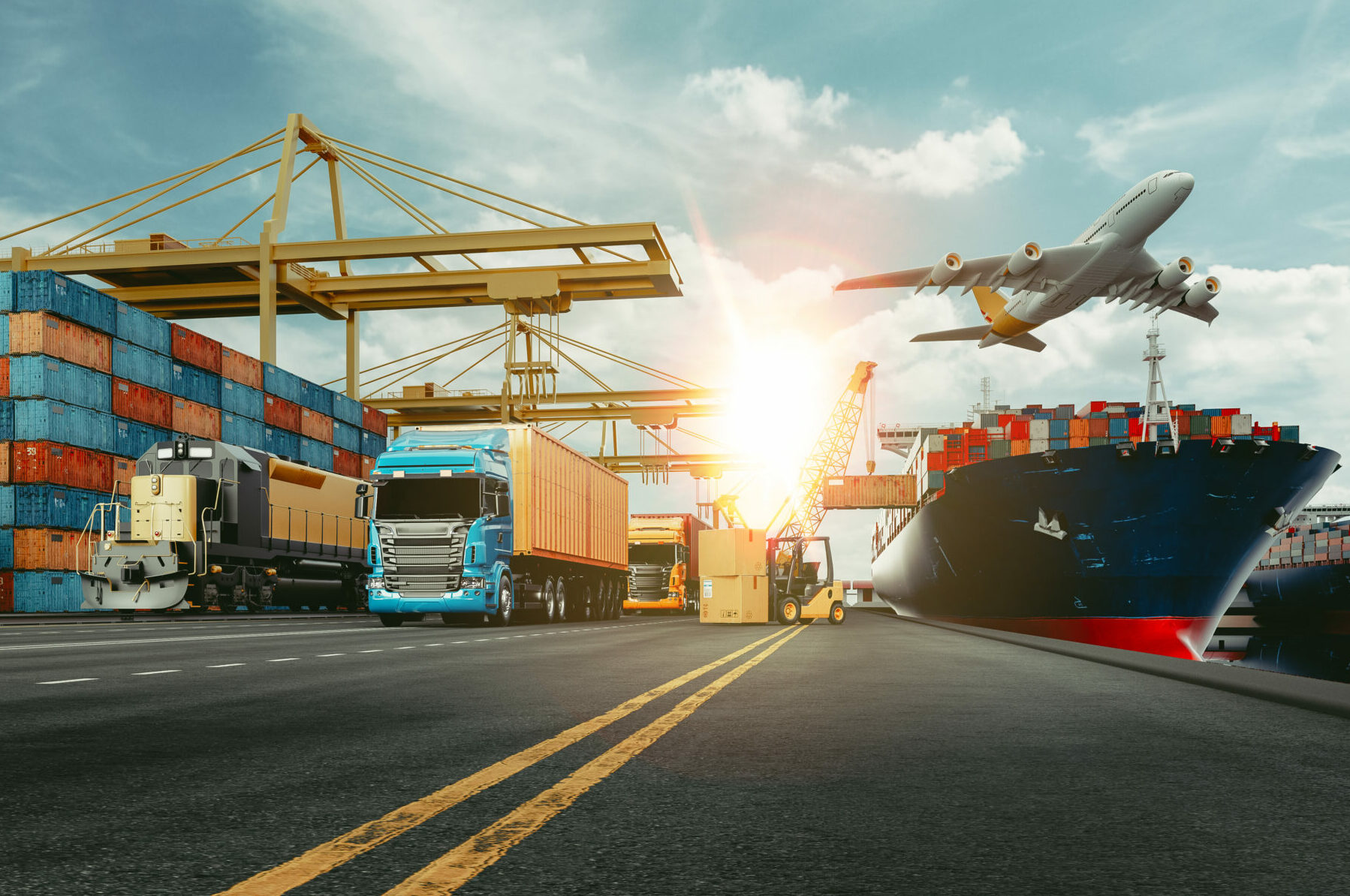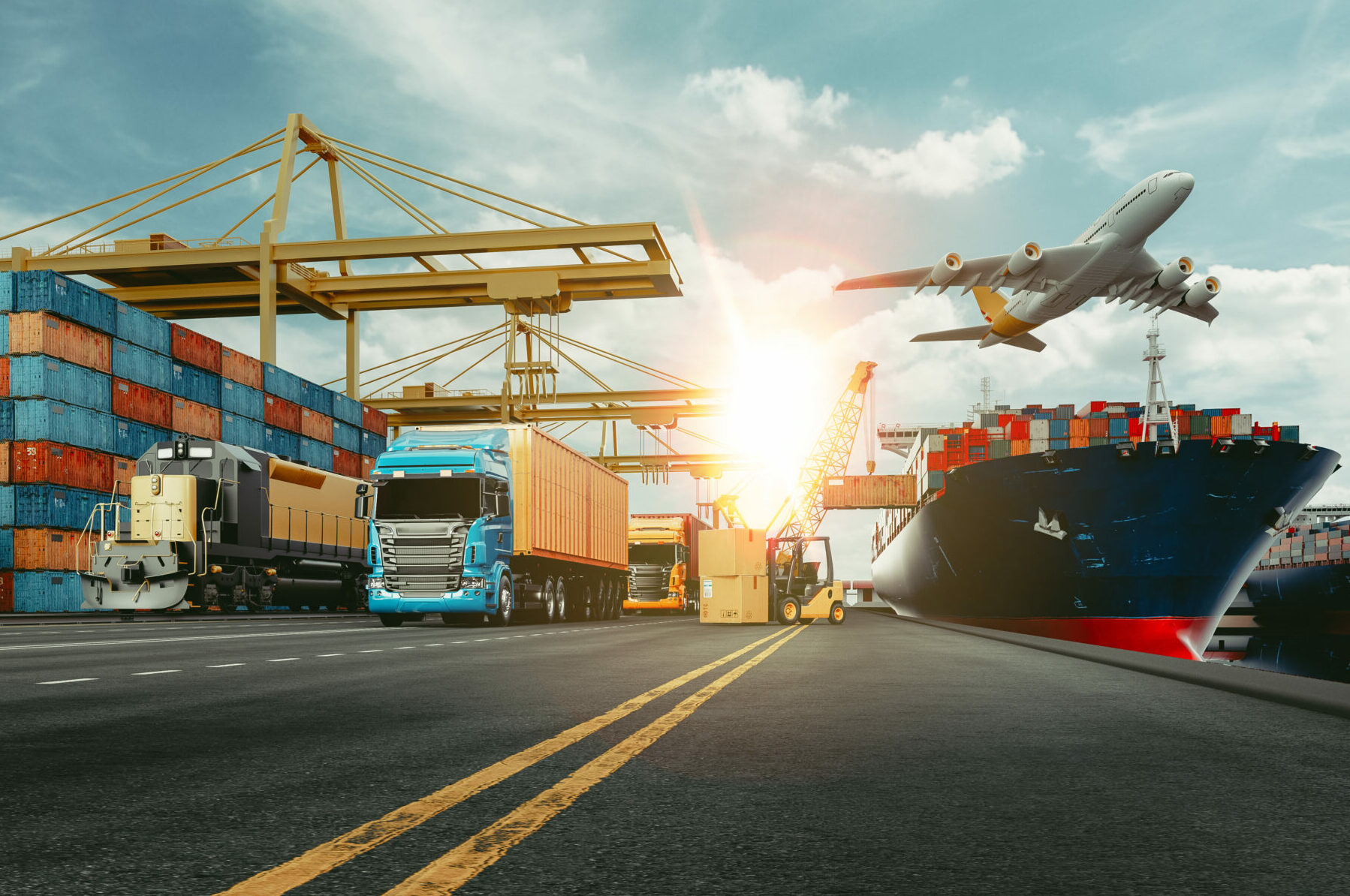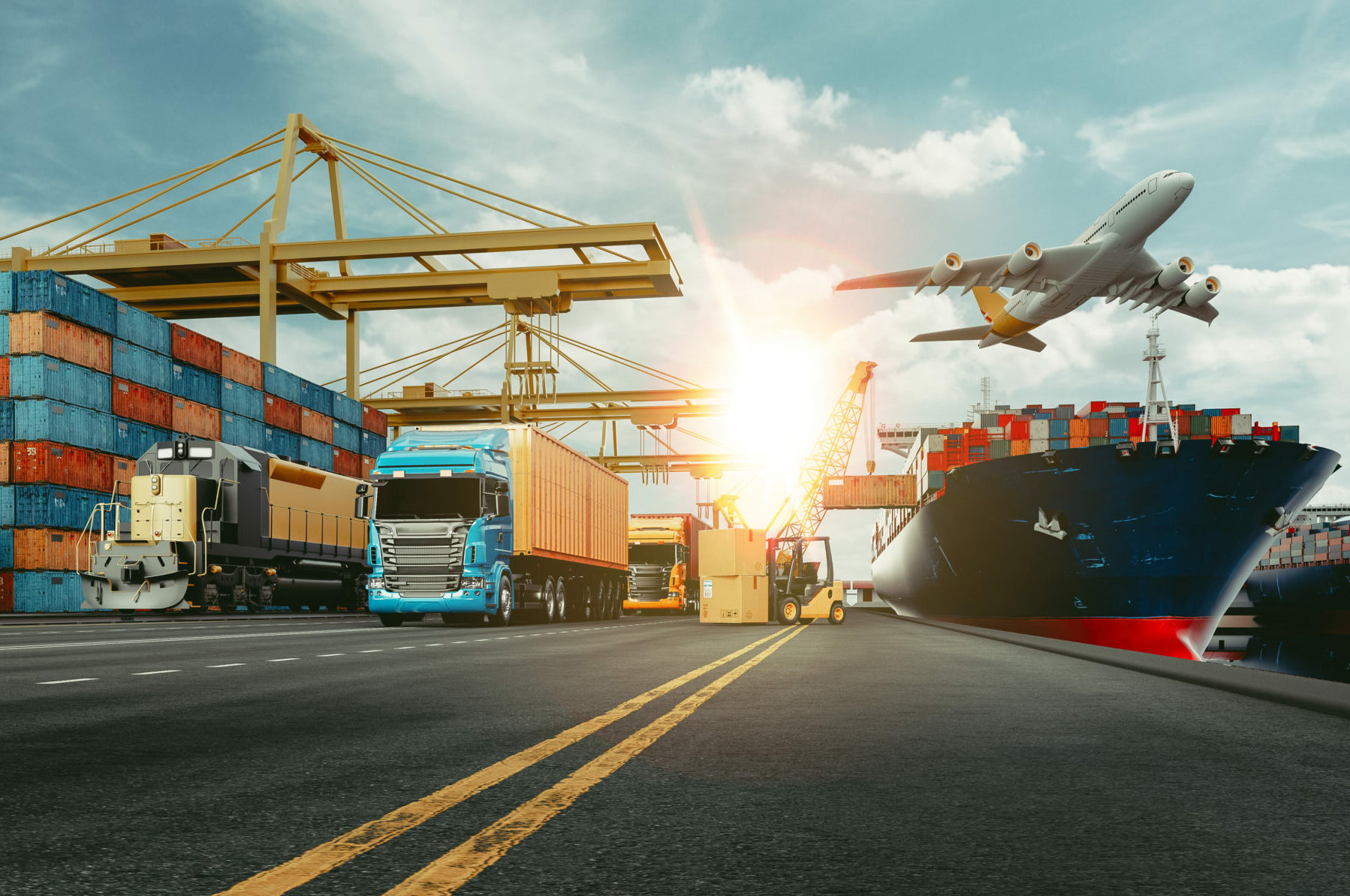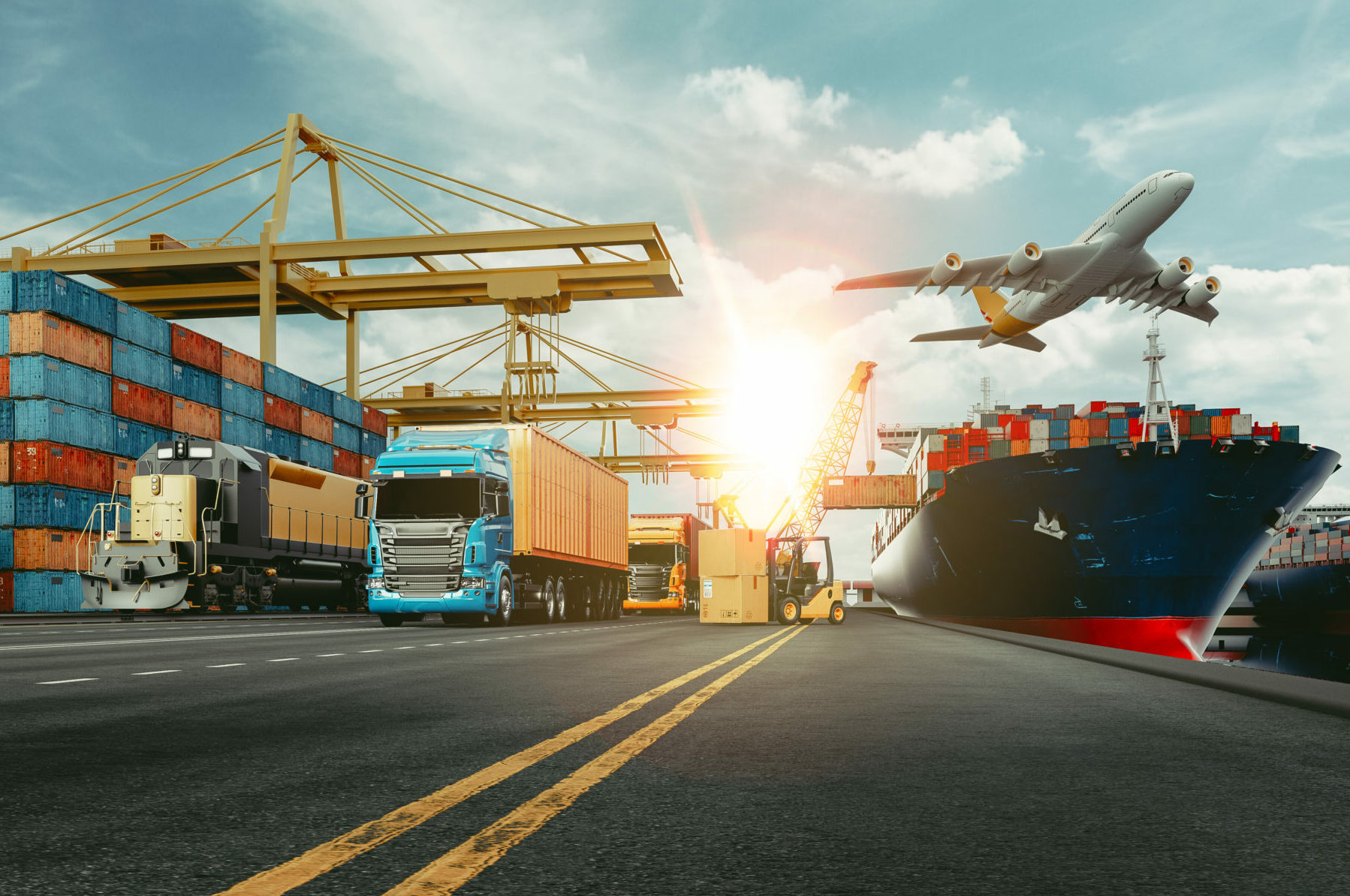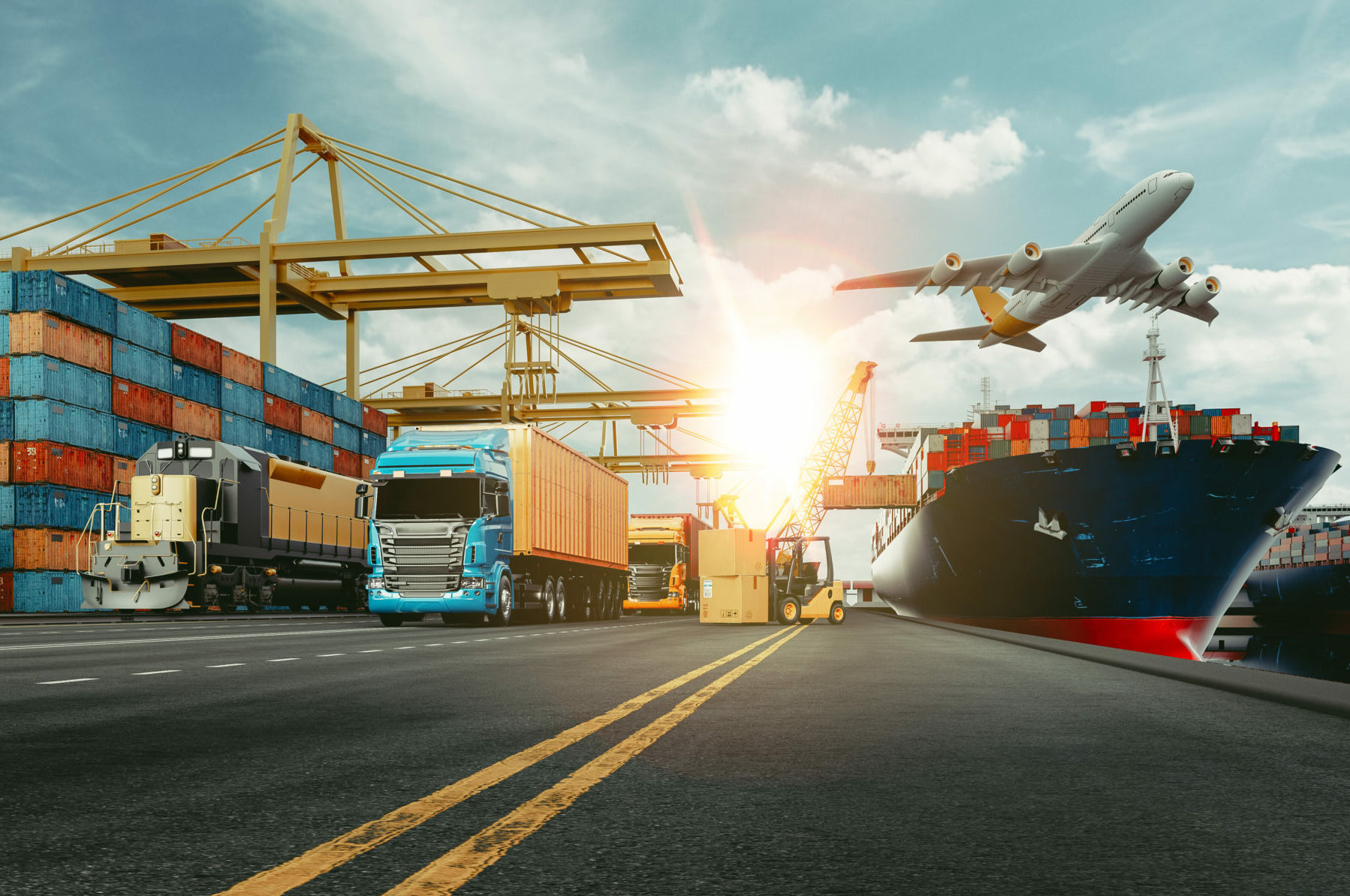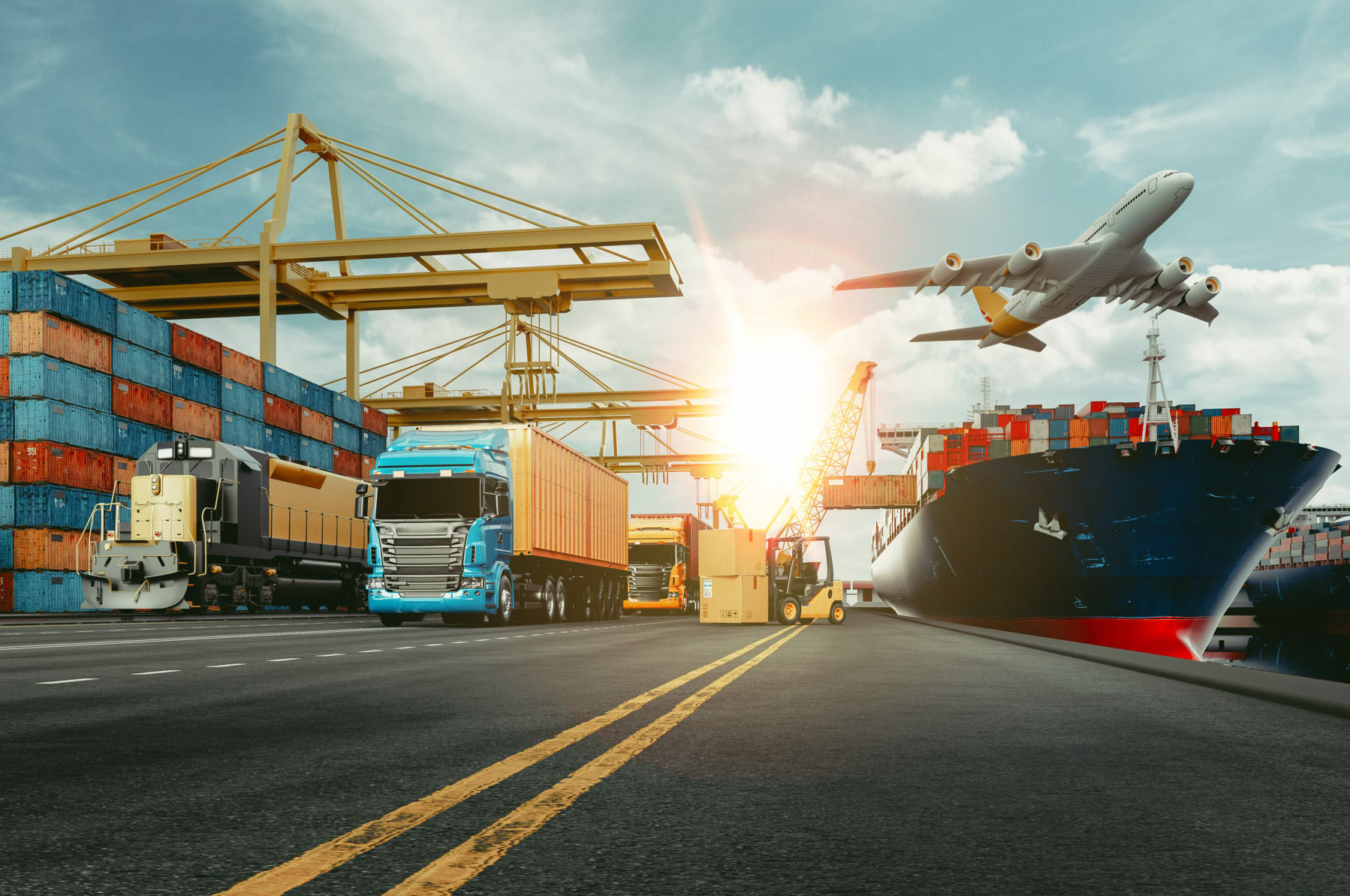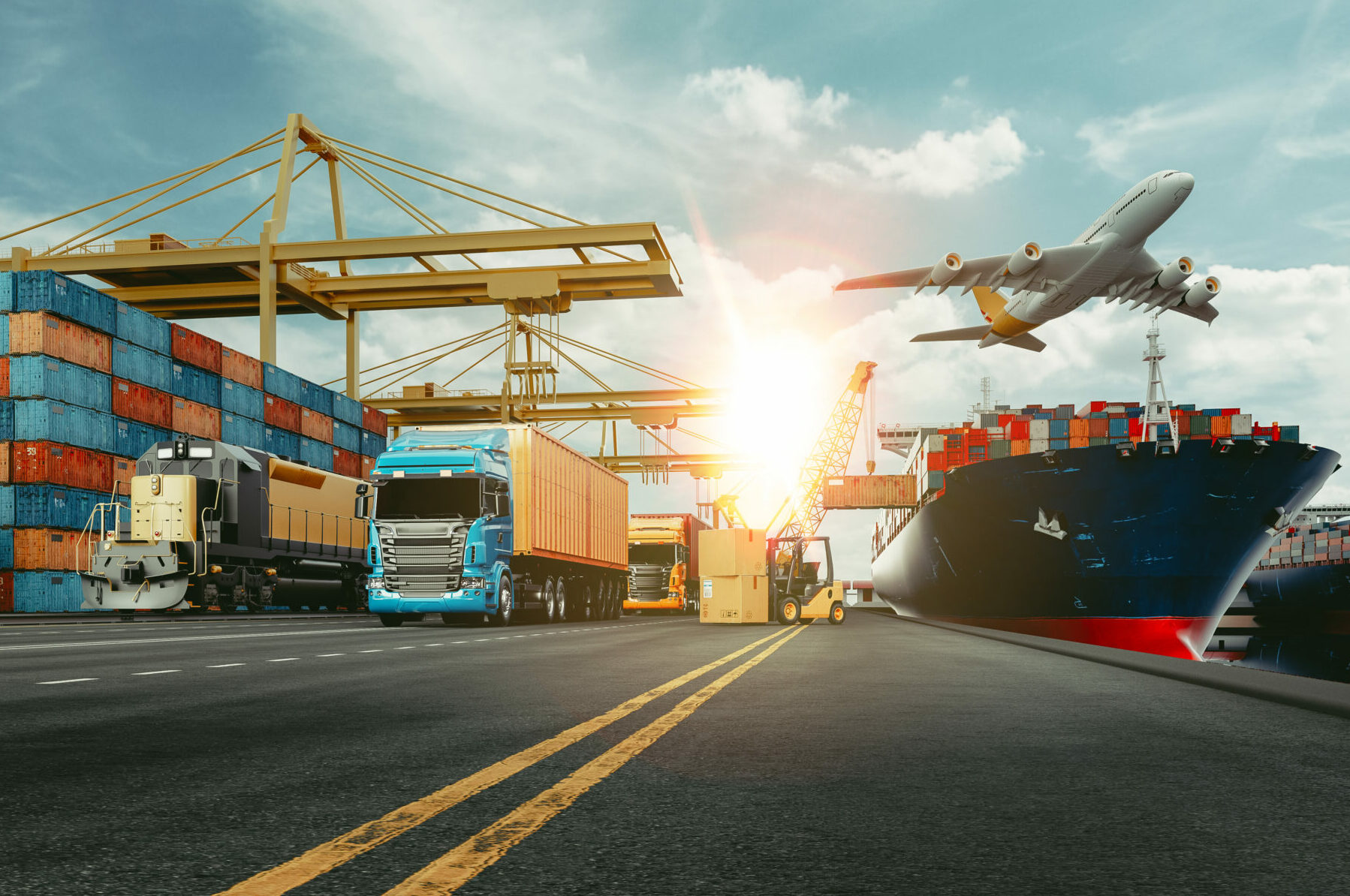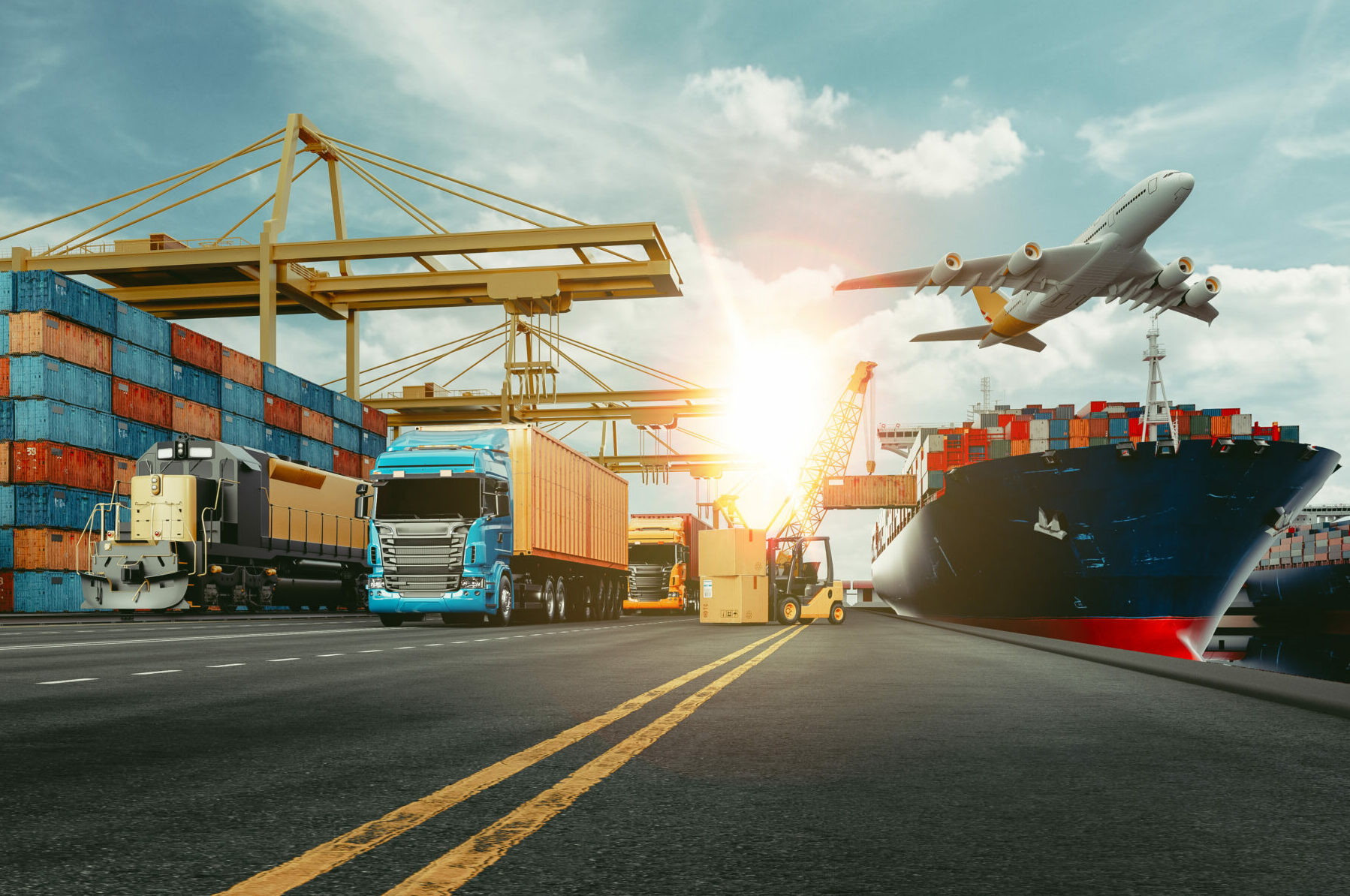The cargo forwarding industry handles billions of pounds worth of goods annually, with high-value cargo presenting unique risks and challenge…
Specialized Maritime Logistics Freight Insurance: Complete Guide for UK Businesses
Maritime logistics forms the backbone of global trade, with approximately 90% of world trade transported by sea. For UK businesses involved in shipping, freight forwarding, or international logistics, specialized maritime freight insurance is not just advisable but essential. The complex nature of ocean transport, combined with the high value of cargo and numerous risk factors, makes comprehensive insurance coverage a critical component of any maritime logistics operation.
Specialized maritime logistics freight insurance goes beyond standard cargo insurance, providing tailored protection for the unique challenges faced by shipping companies, freight forwarders, logistics providers, and businesses regularly transporting goods by sea. This comprehensive guide explores the essential elements of maritime freight insurance, the risks it covers, and how to ensure your business has the right level of protection.
Understanding Maritime Logistics Freight Insurance
Maritime logistics freight insurance is a specialized form of marine insurance designed to protect goods in transit across international waters. Unlike standard commercial insurance, maritime freight insurance addresses the specific perils associated with ocean transport, port operations, and the complex supply chain involved in moving goods from origin to destination.
What Maritime Freight Insurance Covers
Comprehensive maritime logistics freight insurance typically includes protection for:
Physical Loss or Damage to Cargo
Coverage extends to goods damaged or lost due to vessel sinking, collision, grounding, fire, explosion, or other maritime perils. This includes both total loss scenarios and partial damage that reduces the value or usability of the cargo.
General Average Contributions
When a ship's master makes an extraordinary sacrifice to save the vessel and remaining cargo during an emergency, all cargo owners must contribute proportionally. Maritime insurance covers your share of these general average contributions, which can be substantial.
Salvage Charges
If professional salvors must be engaged to rescue cargo from a distressed vessel, the insurance covers the proportionate salvage costs attributable to your goods.
Jettison and Washing Overboard
Protection when cargo is deliberately thrown overboard to save the vessel or accidentally washed off deck during heavy weather.
Theft and Pilferage
Coverage for cargo stolen during transit, at ports, or during transshipment, including both complete theft and partial pilferage.
Water Damage
Protection against damage from seawater ingress, rainwater, condensation, or freshwater from firefighting efforts or vessel systems.
Contamination and Tainting
Coverage when cargo becomes contaminated by other goods, fuel, chemicals, or substances during the voyage.
Hook and Machinery Damage
Protection for damage caused during loading and unloading operations using cranes, forklifts, and other cargo handling equipment.
Types of Maritime Freight Insurance Coverage
Maritime insurance policies are typically structured around the Institute Cargo Clauses, which define the scope of coverage. Understanding these different levels helps you select appropriate protection for your cargo type and risk tolerance.
Institute Cargo Clauses A (All Risks)
The most comprehensive coverage available, Institute Cargo Clauses A provides protection against all risks of physical loss or damage from any external cause, except those specifically excluded. This "all risks" approach means the burden of proof falls on the insurer to demonstrate that a loss falls within an exclusion, rather than the insured proving the loss is covered. This coverage is ideal for high-value goods, sensitive cargo, or shipments where maximum protection is required.
Institute Cargo Clauses B (Named Perils - Broader)
This mid-level coverage protects against a specified list of perils including fire, explosion, vessel stranding, sinking or capsizing, overturning of land transport, collision, discharge at a port of distress, earthquake, volcanic eruption, and general average sacrifice. It provides substantial protection at a lower premium than Clauses A, suitable for many standard cargo types.
Institute Cargo Clauses C (Named Perils - Basic)
The most restrictive standard coverage, Clauses C covers only major maritime casualties such as vessel sinking, stranding, collision, fire, and general average. This economical option suits low-value, non-perishable cargo where owners are willing to accept greater risk exposure.
Specialized Extensions
Additional coverage can be added for specific needs including war and strikes coverage, delay in start-up insurance for project cargo, refrigeration breakdown for temperature-sensitive goods, and rejection insurance for perishable commodities.
Industry-Specific Maritime Logistics Risks
Different sectors face unique challenges in maritime logistics, requiring tailored insurance approaches.
Container Shipping Operations
Container losses overboard have increased in recent years, with incidents involving hundreds of containers in single events. Container shipping operations face risks from improper stowage, misdeclared cargo weights, container collapse, and stack failures during heavy weather. Specialized coverage addresses these containerized cargo risks, including loss of entire containers and damage from cargo shifting within containers.
Bulk Cargo Transport
Bulk commodities including grain, coal, ore, and liquid bulk face specific risks such as cargo liquefaction, contamination, shortage due to moisture loss or spillage, and damage from improper ventilation. Maritime insurance for bulk operations must account for the unique characteristics of these cargoes and the specialized vessels that carry them.
Roll-On/Roll-Off (RoRo) Shipping
Vehicles, machinery, and rolling stock transported via RoRo vessels face risks including vehicle damage during loading and discharge, fire spreading rapidly through vehicle decks, shifting and collision between units during rough seas, and theft of high-value vehicles at ports. Specialized RoRo insurance addresses these vehicle-specific perils.
Project Cargo and Heavy Lift
Oversized and heavy cargo such as industrial equipment, power generation components, and construction machinery require specialized handling and transport. Insurance for project cargo must cover the unique risks of heavy lift operations, specialized vessel requirements, complex loading and discharge procedures, and the high values typically involved.
Refrigerated and Temperature-Controlled Cargo
Perishable goods including food products, pharmaceuticals, and chemicals requiring temperature control face risks from refrigeration breakdown, temperature excursions, power failures at transshipment points, and delay causing spoilage. Specialized reefer cargo insurance includes temperature monitoring requirements and spoilage coverage.
Liability Coverage for Maritime Logistics Operators
Beyond cargo insurance, maritime logistics businesses need liability protection for their operational activities.
Freight Forwarder Liability Insurance
Freight forwarders acting as intermediaries between shippers and carriers face liability for errors in documentation, incorrect routing or carrier selection, failure to arrange adequate insurance, customs clearance errors, and cargo damage while in their custody. Freight forwarder liability insurance protects against claims arising from professional errors and omissions in logistics services.
Warehouse and Terminal Operator Liability
Port warehouses and container terminals handling cargo before or after sea transit need coverage for damage to goods in storage, loss through theft or fire, liability for delay, and damage during cargo handling operations. This specialized coverage bridges the gap between maritime insurance and standard warehouse insurance.
Non-Vessel Operating Common Carrier (NVOCC) Liability
NVOCCs that issue their own bills of lading while contracting with actual vessel operators face unique liability exposure. Specialized NVOCC insurance covers contractual liability under bills of lading, errors in consolidation and deconsolidation, liability for cargo damage, and professional indemnity for logistics advice.
Customs Broker Professional Indemnity
Customs brokers handling import and export documentation face liability for errors in classification, incorrect valuation, compliance failures, and missed deadlines. Professional indemnity insurance protects against claims arising from customs brokerage services.
Regulatory and Contractual Insurance Requirements
Maritime logistics operations must navigate complex regulatory and contractual insurance obligations.
International Conventions and Requirements
Various international conventions impact insurance requirements including the Hague-Visby Rules governing carrier liability, the Hamburg Rules in certain jurisdictions, Incoterms defining responsibility for insurance arrangement, and sanctions and trade compliance requirements affecting coverage availability.
Letter of Credit and Trade Finance Requirements
International trade transactions often require specific insurance documentation. Letters of credit typically mandate insurance certificates showing coverage for at least 110% of CIF value, coverage from warehouse to warehouse, and naming the bank as loss payee. Ensuring your maritime insurance meets trade finance requirements is essential for smooth transaction completion.
Customer Contract Requirements
Major shippers and retailers increasingly impose specific insurance requirements on their logistics providers including minimum coverage limits, additional insured status, waiver of subrogation provisions, and proof of insurance before contract award. Understanding and meeting these contractual insurance obligations is critical for securing and maintaining business relationships.
Risk Management and Loss Prevention
Effective risk management reduces claims frequency and severity while demonstrating insurability to underwriters.
Pre-Shipment Surveys and Inspections
For high-value or sensitive cargo, pre-shipment surveys verify proper packaging, container condition, and loading procedures. These surveys provide documentation of cargo condition at origin and can prevent disputes following loss or damage.
Carrier and Vessel Selection
Choosing reputable carriers with strong safety records and appropriate vessel types for your cargo reduces risk exposure. Vessel vetting, particularly for chartered tonnage, helps avoid substandard ships that increase loss probability.
Packaging and Securing Standards
Proper packaging appropriate to the cargo type and voyage conditions is the first line of defense against damage. Container securing and lashing according to industry standards prevents cargo shift and container collapse.
Route Planning and Weather Monitoring
Avoiding high-risk areas including piracy zones, severe weather systems, and geopolitically unstable regions reduces exposure. Modern weather routing services help vessels avoid dangerous conditions.
Technology and Tracking Systems
GPS tracking, IoT sensors for temperature and shock monitoring, and real-time visibility systems enable proactive intervention when problems arise and provide valuable data for claims documentation.
Maritime Insurance Claims Process
Understanding the claims process ensures efficient resolution when losses occur.
Immediate Actions Following Loss or Damage
When cargo loss or damage is discovered, immediate steps include notifying the carrier and obtaining written acknowledgment, documenting damage with photographs and detailed descriptions, preserving damaged goods and packaging for inspection, notifying your insurance broker or insurer promptly, and obtaining survey reports from independent cargo surveyors.
Documentation Requirements
Maritime cargo claims require comprehensive documentation including the original insurance certificate or policy, commercial invoice and packing list, bill of lading or other transport document, survey reports and damage assessments, correspondence with carriers regarding the claim, and proof of loss value through repair estimates or replacement costs.
Carrier Liability vs Insurance Recovery
Understanding the relationship between carrier liability and insurance recovery is important. Carriers have limited liability under international conventions, often far below actual cargo value. Your insurance provides full value protection and then pursues subrogation recovery against liable carriers. This ensures you receive prompt compensation while legal recovery is pursued.
Time Limits and Notification Requirements
Maritime claims are subject to strict time limits. Carrier notification must typically occur within three days of delivery for visible damage, and within a reasonable time for concealed damage. Insurance claims should be notified immediately upon discovery, with formal claims submitted within policy time limits, typically one year from the loss date.
Selecting the Right Maritime Freight Insurance
Choosing appropriate coverage requires careful assessment of your specific operations and risk profile.
Assessing Your Coverage Needs
Consider factors including the types of cargo you handle and their values, routes and destinations including high-risk areas, frequency of shipments and annual cargo values, contractual insurance obligations to customers, your risk tolerance and financial capacity to absorb losses, and regulatory requirements in your operating jurisdictions.
Open Cover vs Voyage Policies
Businesses with regular maritime shipments typically benefit from open cover policies that automatically cover all shipments within agreed parameters, eliminating the need to arrange insurance for each voyage. Occasional shippers may prefer voyage-specific policies for individual shipments. Open cover provides convenience, potentially better rates through volume, automatic coverage preventing gaps, and simplified administration.
Valuation and Sum Insured
Proper valuation ensures adequate recovery following loss. Maritime cargo is typically insured for CIF value plus 10% to cover profit margin and additional costs. Underinsurance results in proportional claim settlements, while overinsurance provides no additional benefit beyond actual loss value.
Deductibles and Premium Optimization
Selecting appropriate deductibles balances premium costs against retained risk. Higher deductibles reduce premiums but increase out-of-pocket costs for smaller claims. Consider your claims history, financial capacity, and the typical value of individual shipments when selecting deductible levels.
Working with Maritime Insurance Specialists
The complexity of maritime logistics insurance makes specialist broker support valuable.
Benefits of Specialist Maritime Brokers
Brokers specializing in maritime insurance bring deep market knowledge, access to specialist underwriters, experience with complex claims, understanding of international conventions and regulations, and ability to structure tailored coverage for unique operations.
Underwriting Information Requirements
To obtain competitive quotations, underwriters require detailed information about your operations including cargo types and values, routes and destinations, packing and shipping methods, claims history, risk management procedures, and annual turnover or cargo values.
Policy Review and Renewal
Annual policy reviews ensure coverage remains appropriate as your business evolves. Discuss changes in operations, new cargo types or routes, claims experience and loss prevention improvements, and market conditions affecting pricing and coverage availability.
Emerging Risks in Maritime Logistics
The maritime industry faces evolving risks requiring insurance adaptation.
Cyber Risks and Digital Systems
Modern vessels and port facilities rely heavily on digital systems for navigation, cargo management, and communications. Cyber attacks targeting shipping companies, port operators, or vessel systems can cause cargo delays, misdirection, or even physical damage. Specialized cyber insurance for maritime operations covers business interruption from system outages, liability for cargo delay due to cyber incidents, costs of investigating and remediating breaches, and ransom payments in cyber extortion scenarios.
Climate Change and Extreme Weather
Increasing frequency and severity of extreme weather events impact maritime logistics through more frequent route diversions, increased vessel casualties, damage to port infrastructure, and disruption to supply chains. Insurance underwriters are reassessing risk models and pricing to account for climate-related exposures, while businesses must enhance weather monitoring and route planning to mitigate these growing risks.
Geopolitical Instability and Trade Disruptions
Regional conflicts, sanctions, trade disputes, and political instability create challenges for maritime logistics. War risk insurance covers losses from hostile acts, mines, and confiscation, while strikes, riots, and civil commotion coverage protects against social unrest at ports and in transit countries. Understanding the geopolitical landscape and ensuring appropriate coverage for high-risk regions is essential.
Environmental Liability
Increasing environmental regulations create liability exposure for pollution incidents, cargo spills, and contamination. Maritime logistics operators need coverage for cleanup costs, third-party environmental damage claims, regulatory fines and penalties, and business interruption from environmental incidents. Compliance with environmental regulations and proper handling of hazardous cargo reduces exposure.
Supply Chain Complexity and Interdependence
Modern supply chains involve multiple parties across numerous jurisdictions, creating complex liability and coverage issues. Contingent business interruption insurance protects against losses when suppliers or customers suffer insured events, while supply chain insurance addresses gaps in coverage across the logistics chain. Understanding where responsibility and insurance coverage lie at each stage of the supply chain prevents coverage gaps.
Factors Affecting Maritime Insurance Costs
Understanding premium determinants helps businesses manage insurance costs effectively.
Cargo Type and Value
High-value goods, theft-prone cargo, and hazardous materials command higher premiums due to increased risk exposure. Perishable goods requiring temperature control and goods susceptible to damage also attract higher rates. Providing detailed cargo descriptions and demonstrating proper handling procedures can help optimize pricing.
Routes and Destinations
Voyages through high-risk areas including piracy zones, regions with inadequate port infrastructure, politically unstable countries, and areas prone to severe weather result in higher premiums. Where possible, selecting safer routes and avoiding high-risk regions reduces insurance costs.
Carrier and Vessel Quality
Using reputable carriers with strong safety records and modern, well-maintained vessels reduces premiums. Conversely, substandard vessels, unknown carriers, and older tonnage increase rates due to higher loss probability. Vessel vetting and carrier selection based on safety records demonstrates risk management commitment to underwriters.
Claims History
Your claims experience significantly impacts premium pricing. Frequent claims, even if individually small, suggest inadequate risk management and result in higher premiums or coverage restrictions. Investing in loss prevention and demonstrating claims improvement can lead to premium reductions over time.
Risk Management Practices
Demonstrating robust risk management through proper packaging standards, cargo tracking and monitoring systems, pre-shipment surveys for high-value cargo, staff training in cargo handling, and documented procedures for carrier selection can result in premium discounts and improved coverage terms.
Coverage Scope and Deductibles
The breadth of coverage selected directly impacts premium costs. Institute Cargo Clauses A all-risks coverage costs more than the more restrictive Clauses C. Higher deductibles reduce premiums by transferring more risk to the insured, while lower deductibles increase premiums but reduce out-of-pocket costs for claims.
Best Practices for Maritime Logistics Insurance Management
Maintain Comprehensive Documentation
Keep detailed records of all shipments including cargo descriptions and values, shipping documents and bills of lading, packing lists and container loading plans, photographs of cargo condition, and correspondence with carriers and freight forwarders. This documentation proves invaluable when filing claims and demonstrates professional operations to underwriters.
Implement Proactive Risk Management
Develop and document standard operating procedures for cargo handling, carrier selection criteria, packaging and securing standards, and incident response protocols. Regular staff training on proper procedures and risk awareness reduces loss frequency and demonstrates commitment to loss prevention.
Review Coverage Regularly
Business operations evolve, and insurance coverage must keep pace. Conduct annual policy reviews to ensure coverage limits remain adequate for current cargo values, new cargo types or routes are properly covered, contractual insurance obligations are met, and emerging risks are addressed. Notify your insurer promptly of significant operational changes to avoid coverage gaps.
Understand Policy Terms and Exclusions
Maritime insurance policies contain specific terms, conditions, and exclusions that define coverage scope. Take time to understand what is and is not covered, notification and claims procedures, warranties and conditions that must be met, and geographical and temporal limitations. Clarify any ambiguities with your broker before losses occur.
Establish Clear Claims Procedures
Develop internal procedures for responding to cargo loss or damage including immediate notification requirements, documentation and evidence preservation, surveyor appointment, and communication protocols. Ensure staff understand these procedures so claims are handled efficiently when incidents occur.
Build Strong Insurer Relationships
Maintain open communication with your insurance broker and underwriters. Provide accurate information during underwriting and renewal, notify insurers promptly of claims and operational changes, and discuss risk management initiatives and improvements. Strong relationships facilitate better coverage terms and smoother claims handling.
UK Regulatory Environment for Maritime Insurance
UK maritime insurance operates within a well-established regulatory framework.
Financial Conduct Authority Oversight
Insurance brokers and insurers operating in the UK are regulated by the Financial Conduct Authority, ensuring professional standards, financial stability, and consumer protection. When selecting insurance providers, verify FCA authorization and check regulatory standing.
Marine Insurance Act 1906
This foundational legislation continues to govern marine insurance contracts in the UK, establishing principles of utmost good faith, insurable interest requirements, indemnity principles, and subrogation rights. Understanding these legal principles helps businesses navigate policy terms and claims processes.
Insurance Act 2015
This modern legislation reformed commercial insurance law, modifying the duty of disclosure to a duty of fair presentation, introducing proportionate remedies for misrepresentation, allowing parties to contract out of certain provisions, and clarifying warranty terms. These changes provide more balanced treatment of commercial policyholders.
Brexit Implications
Following Brexit, UK businesses must consider insurance implications for EU trade including ensuring coverage extends to EU destinations, understanding potential regulatory divergence, and confirming insurer authorization to provide coverage in relevant jurisdictions. Working with experienced brokers helps navigate post-Brexit insurance arrangements.
Conclusion
Specialized maritime logistics freight insurance provides essential protection for businesses operating in the complex world of international shipping. The unique risks of ocean transport, combined with high cargo values and intricate supply chains, make comprehensive insurance coverage a fundamental business requirement rather than an optional expense.
Effective maritime insurance management requires understanding the different types of coverage available, assessing your specific risk profile and operational needs, implementing robust risk management practices, maintaining comprehensive documentation, and working with specialist brokers who understand the maritime industry. By taking a strategic approach to maritime insurance, businesses can protect their assets, meet contractual obligations, ensure business continuity, and operate with confidence in the face of maritime risks.
The maritime logistics industry continues to evolve with technological advancement, changing trade patterns, and emerging risks from cyber threats to climate change. Staying informed about these developments and ensuring your insurance coverage adapts accordingly protects your business in an ever-changing risk landscape.
Whether you operate as a freight forwarder, shipping company, NVOCC, or business regularly transporting goods by sea, investing time in understanding and properly structuring your maritime freight insurance pays dividends through comprehensive protection, competitive advantage, and peace of mind that your valuable cargo and business operations are properly protected.
Frequently Asked Questions
What is the difference between cargo insurance and carrier liability?
Carrier liability is the legal responsibility of the shipping line or freight carrier for cargo in their custody, typically limited by international conventions to relatively low amounts per kilogram. Cargo insurance provides full value protection for your goods regardless of carrier liability limits, ensuring you recover the actual value of lost or damaged cargo.
Do I need maritime insurance if my supplier or customer arranges shipping?
It depends on the Incoterms used in your transaction. Under terms like FOB or FCA, the buyer is responsible for arranging insurance once goods are loaded. Under CIF or CIP terms, the seller must provide insurance. Always verify who is responsible for insurance and ensure adequate coverage is in place, as gaps can leave you exposed to uninsured losses.
What is general average and why do I need coverage for it?
General average is an ancient maritime principle where all cargo owners share the cost of extraordinary sacrifices made to save a vessel and cargo during an emergency. If cargo is jettisoned or the vessel incurs salvage costs, all cargo owners must contribute proportionally based on their cargo value. Without insurance covering general average, you could face substantial unexpected costs even if your own cargo was not damaged.
How quickly must I notify insurers of cargo damage?
You should notify your insurance broker or insurer immediately upon discovering loss or damage, ideally within 24-48 hours. Formal written notice should follow promptly with full details. Delayed notification can complicate claims and, in extreme cases, jeopardize coverage. Most policies require notification within a reasonable time, and prompt reporting demonstrates good faith.
What is an open cover policy and who should use one?
An open cover policy automatically covers all shipments meeting agreed criteria without requiring individual voyage declarations. It is ideal for businesses making regular shipments, providing convenience, continuous coverage, potentially better rates through volume, and simplified administration. Occasional shippers may prefer voyage-specific policies for individual shipments.
Does maritime insurance cover delays in delivery?
Standard cargo insurance typically excludes pure delay losses. However, if delay results from an insured peril such as vessel sinking or grounding, consequential losses may be covered. Specialized delay insurance or contingent business interruption coverage can be arranged for situations where delivery timing is critical.
What documentation do I need to make a cargo insurance claim?
Essential documents include the insurance certificate or policy, commercial invoice showing cargo value, bill of lading or transport document, survey report documenting damage, correspondence with the carrier, photographs of damage, and proof of loss value through repair estimates or replacement costs. Comprehensive documentation expedites claims settlement.
Are there geographical limitations on maritime cargo insurance?
Standard policies typically exclude war zones and high-risk areas unless additional war risk coverage is purchased. Some policies have geographical limits, while others provide worldwide coverage. Always verify that your policy covers the specific routes and destinations for your shipments, and arrange additional coverage for high-risk areas if needed.
How is the insured value of cargo determined?
Cargo is typically insured for its CIF value (Cost, Insurance, Freight) plus 10% to cover profit margin and additional costs. This ensures you recover not just the purchase price but also shipping costs and anticipated profit. Proper valuation prevents underinsurance, which can result in proportional claim settlements below actual loss value.
What is the difference between Institute Cargo Clauses A, B, and C?
Clauses A provides all-risks coverage for physical loss or damage from any external cause except specific exclusions, offering the broadest protection. Clauses B covers a specified list of named perils including major casualties and certain specific events. Clauses C provides the most restrictive coverage, protecting only against major maritime casualties. The choice depends on cargo type, value, and risk tolerance.
Do I need separate insurance for goods in port warehouses?
Many cargo policies include warehouse-to-warehouse coverage, protecting goods from origin warehouse through transit to destination warehouse. However, extended storage periods may have time limits, typically 60 days after discharge. For longer storage or specialized warehousing operations, separate warehouse insurance may be advisable.
How does containerization affect insurance coverage?
Containerized cargo faces specific risks including container loss overboard, damage from cargo shifting within containers, theft of entire containers, and damage during container handling. Ensure your policy adequately addresses containerized cargo risks and covers the full container value if you are responsible for consolidated cargo from multiple shippers.
What should I do if cargo is damaged but the carrier refuses to acknowledge it?
Document the damage thoroughly with photographs and detailed descriptions, obtain an independent surveyor's report, send written notification to the carrier by recorded delivery, preserve damaged goods and packaging for inspection, and notify your insurance broker immediately. Your insurer can pursue subrogation recovery against the carrier while you receive prompt claim payment.
Are there special considerations for temperature-sensitive cargo?
Refrigerated and temperature-controlled cargo requires specialized coverage addressing refrigeration breakdown, temperature excursions, power failures, and spoilage from delay. Policies should include temperature monitoring requirements and may require pre-shipment surveys. Ensure your coverage specifically addresses the unique risks of perishable goods.
How can I reduce my maritime insurance premiums?
Premium reduction strategies include implementing robust risk management practices, using reputable carriers with strong safety records, avoiding high-risk routes where possible, accepting higher deductibles if financially viable, demonstrating good claims history, providing detailed underwriting information, and consolidating insurance with one provider for volume discounts.
What happens if I underinsure my cargo?
Underinsurance results in proportional claim settlements under the average clause. If you insure cargo worth £100,000 for only £75,000, you would recover only 75% of any claim. Always ensure insured values reflect the full CIF value plus 10% to avoid underinsurance penalties.
Do I need separate war risk coverage?
Standard cargo policies exclude losses from war, strikes, riots, and civil commotion. If shipping to or through high-risk areas affected by conflict or civil unrest, separate war risk and strikes coverage is essential. Your broker can advise on current high-risk areas requiring additional coverage.
Do freight forwarders need their own insurance beyond cargo coverage?
Yes, freight forwarders should carry freight forwarder liability insurance (also called errors and omissions insurance) covering professional liability for mistakes in documentation, routing, carrier selection, and advice. This protects against claims arising from your professional services, separate from the physical cargo insurance that protects the goods themselves.
Can I arrange maritime insurance after goods have already shipped?
While technically possible in some cases, arranging insurance after shipment is problematic. You must have an insurable interest at the time of loss, and insurers may refuse post-shipment coverage or apply restrictions. Always arrange insurance before goods depart to ensure full protection and avoid coverage disputes.
What is the claims settlement timeframe for maritime cargo insurance?
Settlement timeframes vary based on claim complexity, documentation completeness, and whether liability is disputed. Straightforward claims with clear documentation may settle within 4-8 weeks, while complex claims involving surveys, liability disputes, or general average can take several months. Prompt notification and comprehensive documentation expedite settlement.
How does Brexit affect maritime insurance for UK businesses?
Brexit has not fundamentally changed maritime insurance principles, but UK businesses should ensure their coverage extends to EU destinations, verify insurer authorization in relevant jurisdictions, and understand any regulatory changes affecting documentation or claims. Working with experienced brokers familiar with post-Brexit arrangements ensures compliance.
What is subrogation and how does it affect my claim?
Subrogation is the insurer's right to pursue recovery from liable third parties after paying your claim. Once you receive claim payment, your insurer steps into your shoes to recover from the carrier or other responsible parties. You must cooperate with subrogation efforts and not prejudice the insurer's recovery rights by releasing liable parties from responsibility.
Are there insurance requirements for specific cargo types like hazardous materials?
Hazardous cargo including chemicals, flammables, and dangerous goods often requires specialized coverage with higher premiums due to increased risk. Underwriters need detailed information about the materials, packaging, quantities, and handling procedures. Some insurers specialize in hazardous cargo, while others exclude it entirely. Full disclosure of cargo nature is essential to ensure coverage validity.
What role do cargo surveyors play in maritime insurance?
Independent cargo surveyors inspect damaged goods, determine cause and extent of damage, assess whether damage falls within policy coverage, and provide detailed reports used for claims settlement. Appointing a surveyor promptly after discovering damage provides professional documentation supporting your claim and helps expedite settlement.
How do I ensure my maritime insurance meets letter of credit requirements?
Letters of credit typically require insurance for at least 110% of CIF value, coverage from warehouse to warehouse, naming the bank as loss payee, and specific documentation formats. Provide your insurance broker with the letter of credit terms before shipment to ensure compliance. Non-compliant insurance documentation can result in payment delays or rejection.
What is the difference between named perils and all-risks coverage?
Named perils coverage (Institute Cargo Clauses B and C) protects only against specifically listed risks, requiring you to prove the loss resulted from a covered peril. All-risks coverage (Institute Cargo Clauses A) covers all causes of physical loss or damage except specific exclusions, with the burden on the insurer to prove an exclusion applies. All-risks provides broader protection but costs more.
Can I cancel maritime insurance if shipment plans change?
For voyage-specific policies, cancellation before shipment departure may be possible with premium return, though administrative fees may apply. Open cover policies are annual contracts that cannot be cancelled mid-term without agreement. If shipments are cancelled or delayed, notify your insurer promptly to discuss options and avoid paying for unnecessary coverage.
What cyber risks affect maritime logistics and are they covered?
Cyber risks include ransomware attacks on shipping companies or port operators, GPS spoofing affecting vessel navigation, cargo management system breaches causing misdirection, and business email compromise leading to payment fraud. Standard cargo policies typically exclude cyber losses, requiring separate cyber insurance for comprehensive protection against digital threats.
How does piracy affect maritime insurance coverage and costs?
Piracy in high-risk areas like the Gulf of Aden, West Africa, and Southeast Asian waters increases premiums and may require additional war risk coverage. Insurers monitor piracy activity and adjust rates accordingly. Using armed guards, following industry best practices like the BMP (Best Management Practices), and avoiding high-risk areas where possible helps manage costs and risk.
What should I look for when selecting a maritime insurance broker?
Choose brokers with specific maritime and logistics expertise, access to specialist marine underwriters, experience handling complex claims, understanding of international conventions and regulations, FCA authorization and professional indemnity insurance, and strong industry reputation. Specialist knowledge makes a significant difference in coverage quality and claims outcomes.
Get Expert Maritime Logistics Insurance Advice
Protecting your maritime cargo and logistics operations requires specialized insurance expertise. At Insure24, we understand the complex risks facing UK businesses involved in international shipping and freight forwarding. Our team specializes in tailored maritime insurance solutions that provide comprehensive protection for your valuable cargo and business operations.
Whether you need cargo insurance for regular shipments, freight forwarder liability coverage, or specialized protection for unique maritime logistics operations, we can help you find the right coverage at competitive rates.
Contact Insure24 today for a personalized maritime insurance quotation:
Phone: 0330 127 2333
Website: www.insure24.co.uk
Get expert advice on protecting your maritime logistics operations with comprehensive, competitively priced insurance coverage tailored to your specific needs.


 0330 127 2333
0330 127 2333

